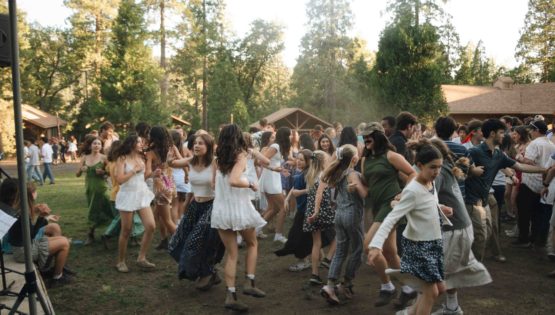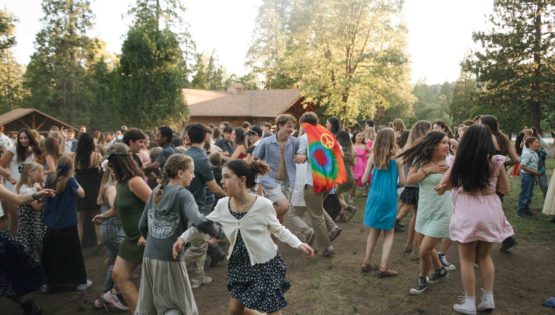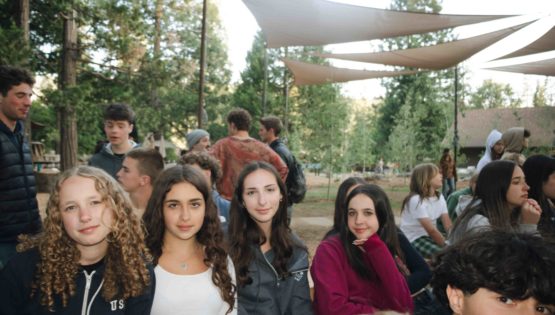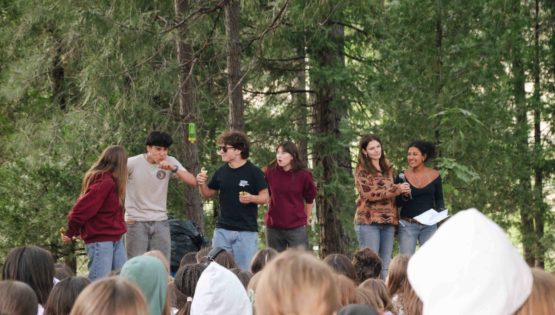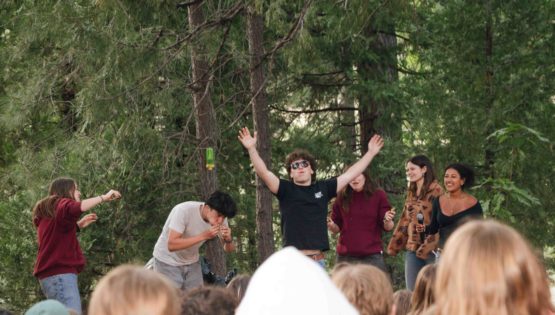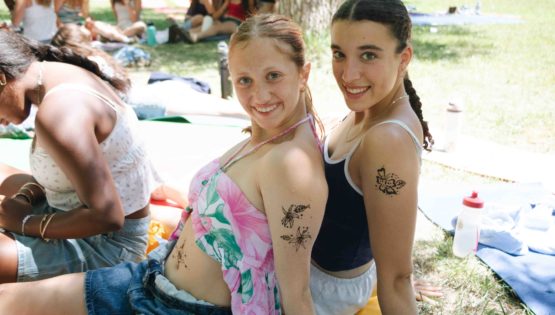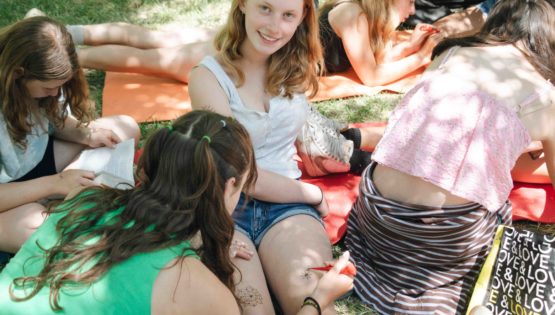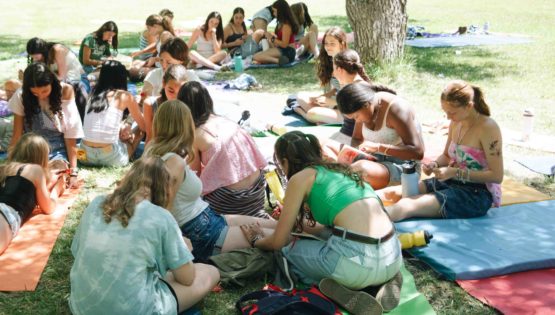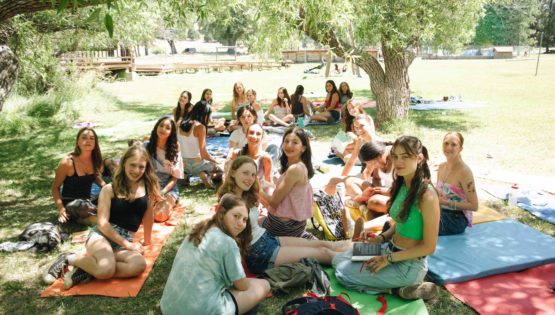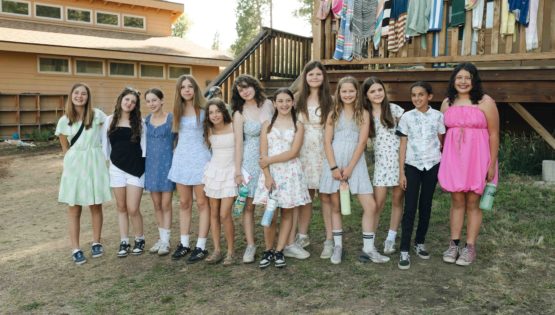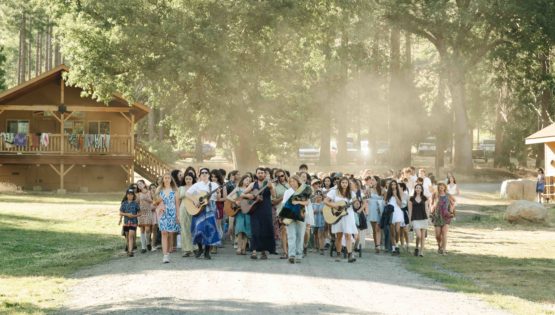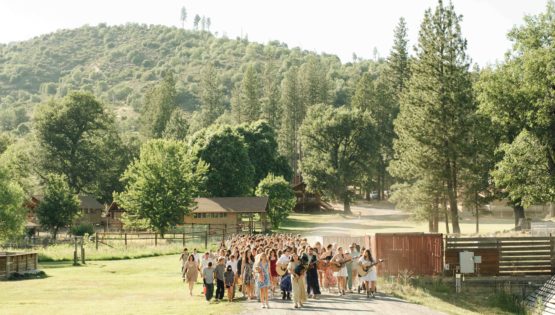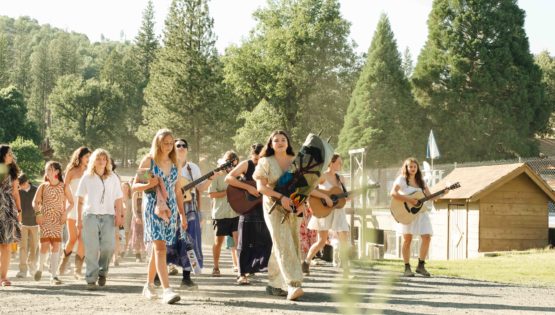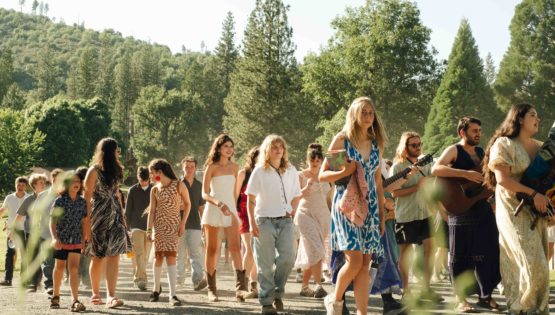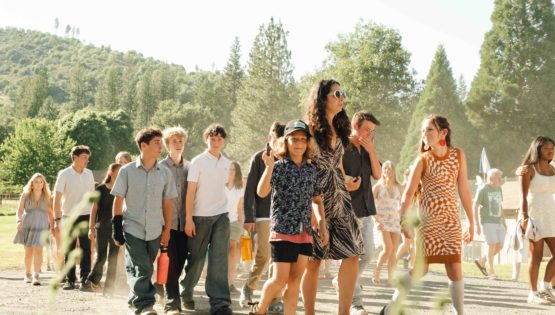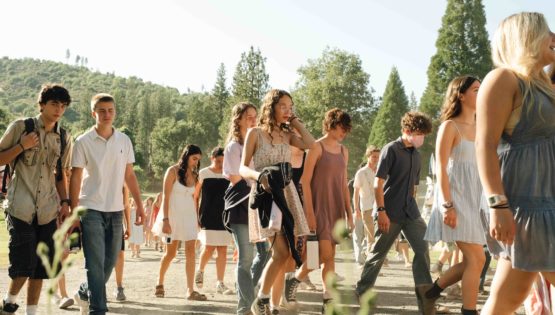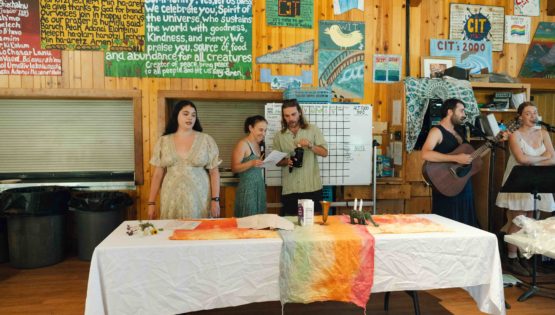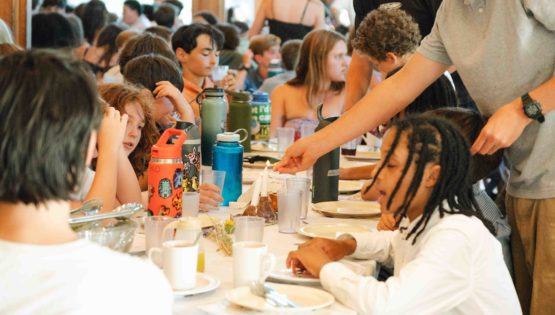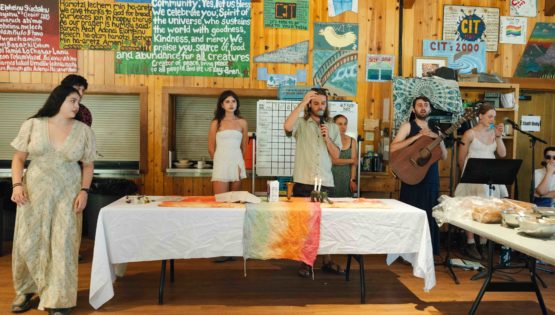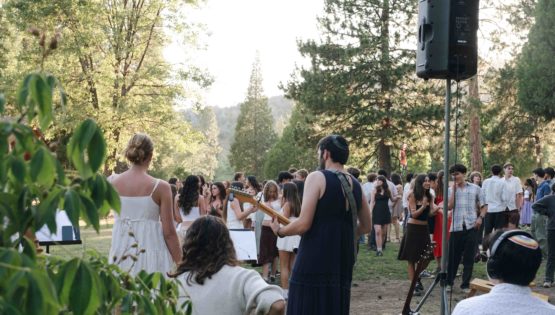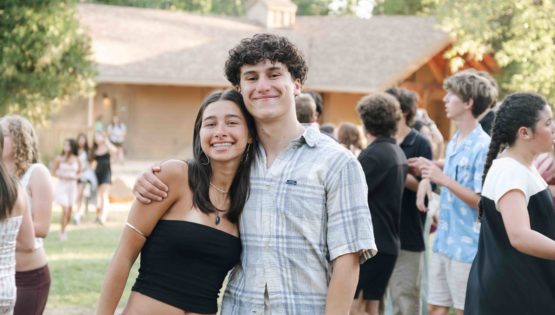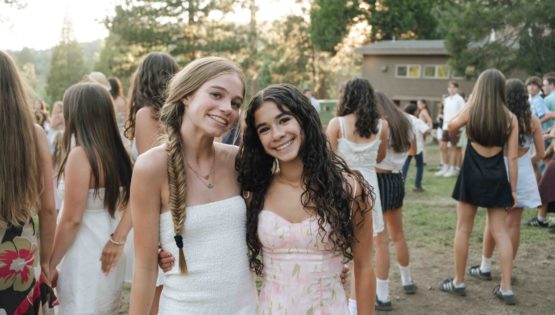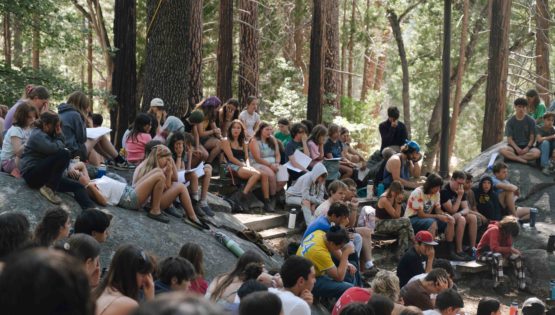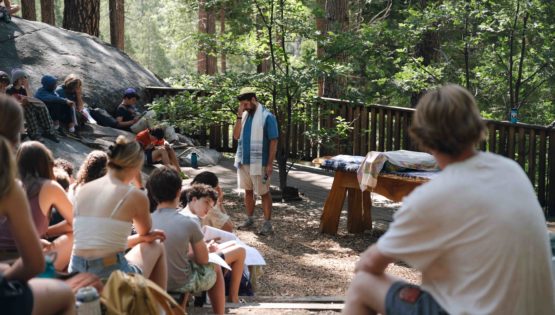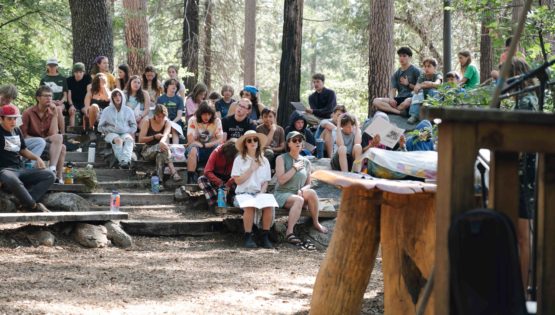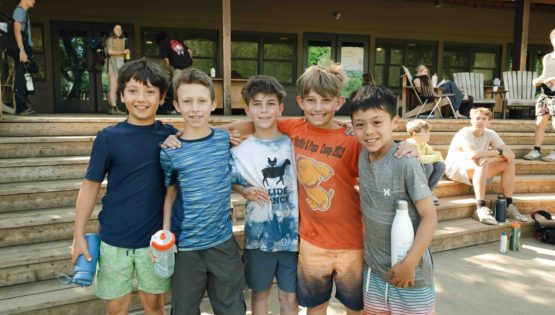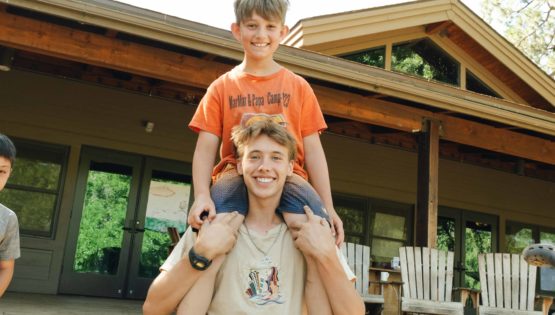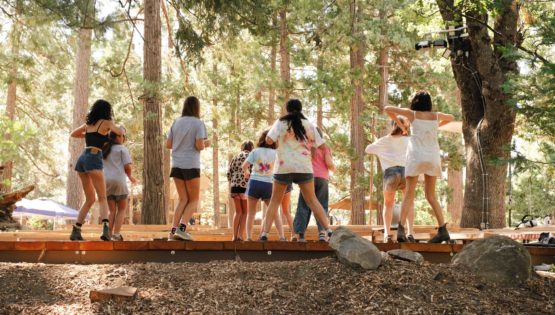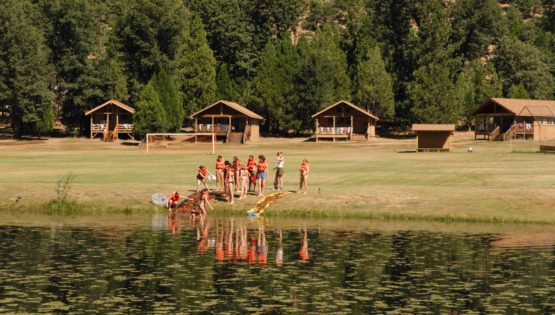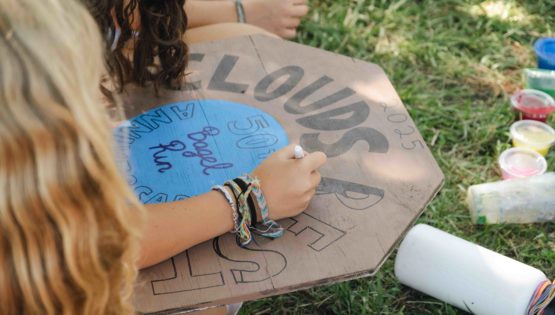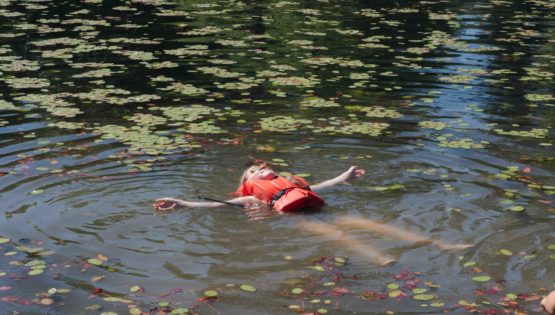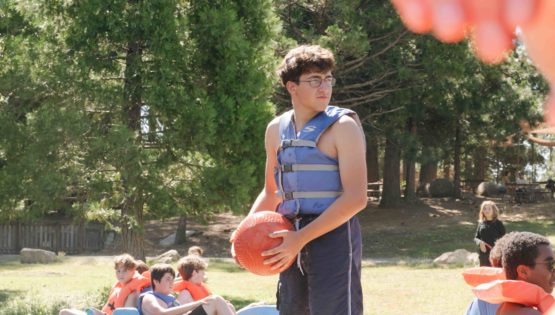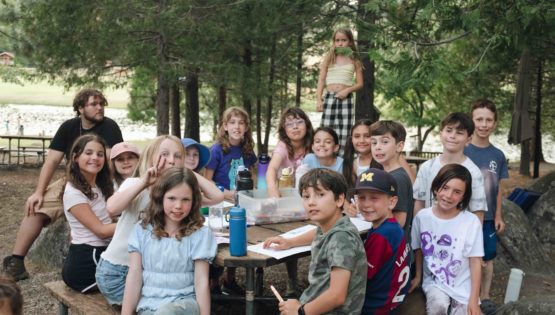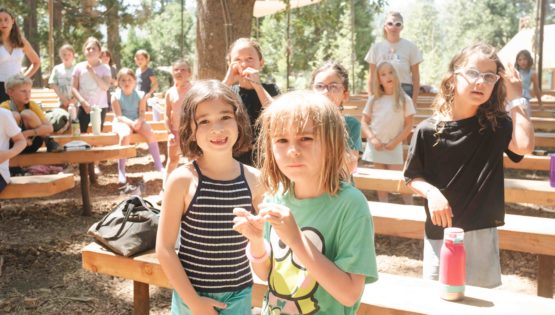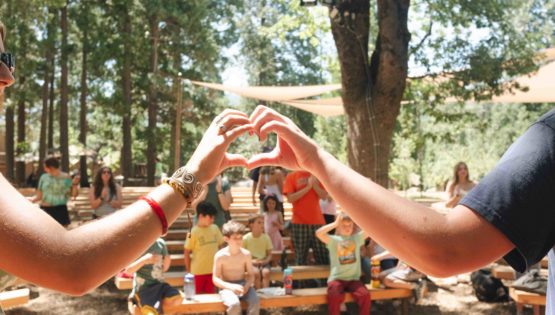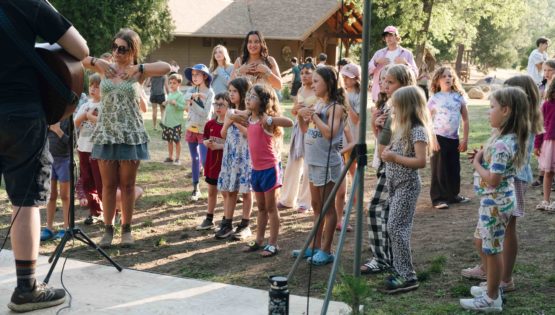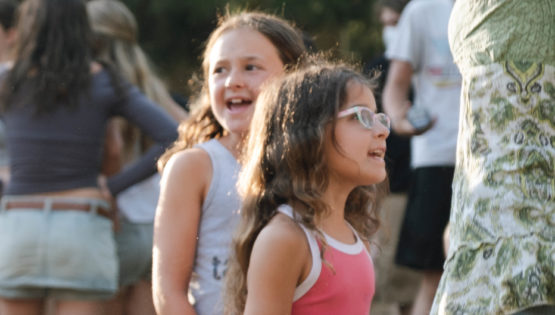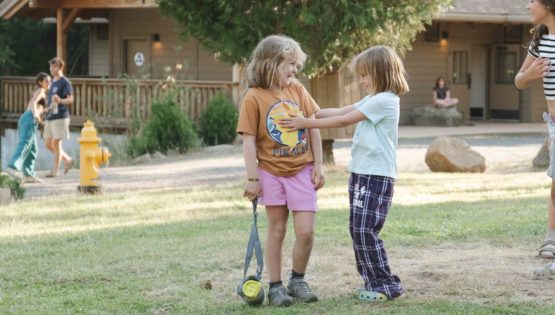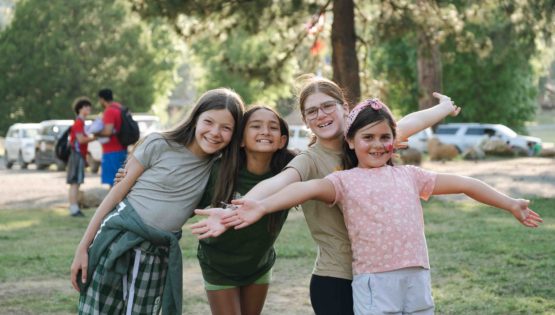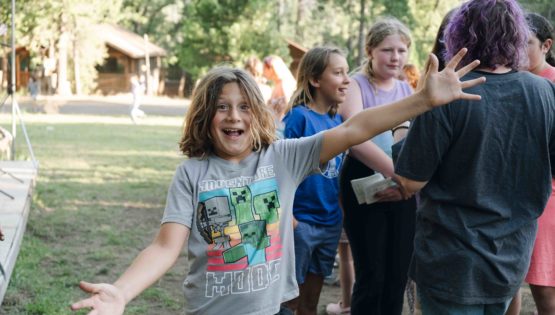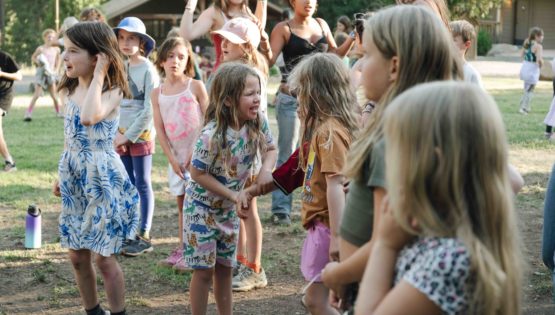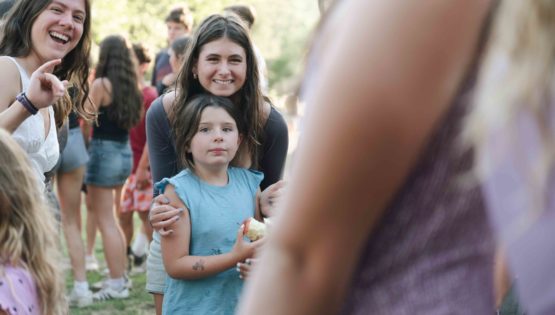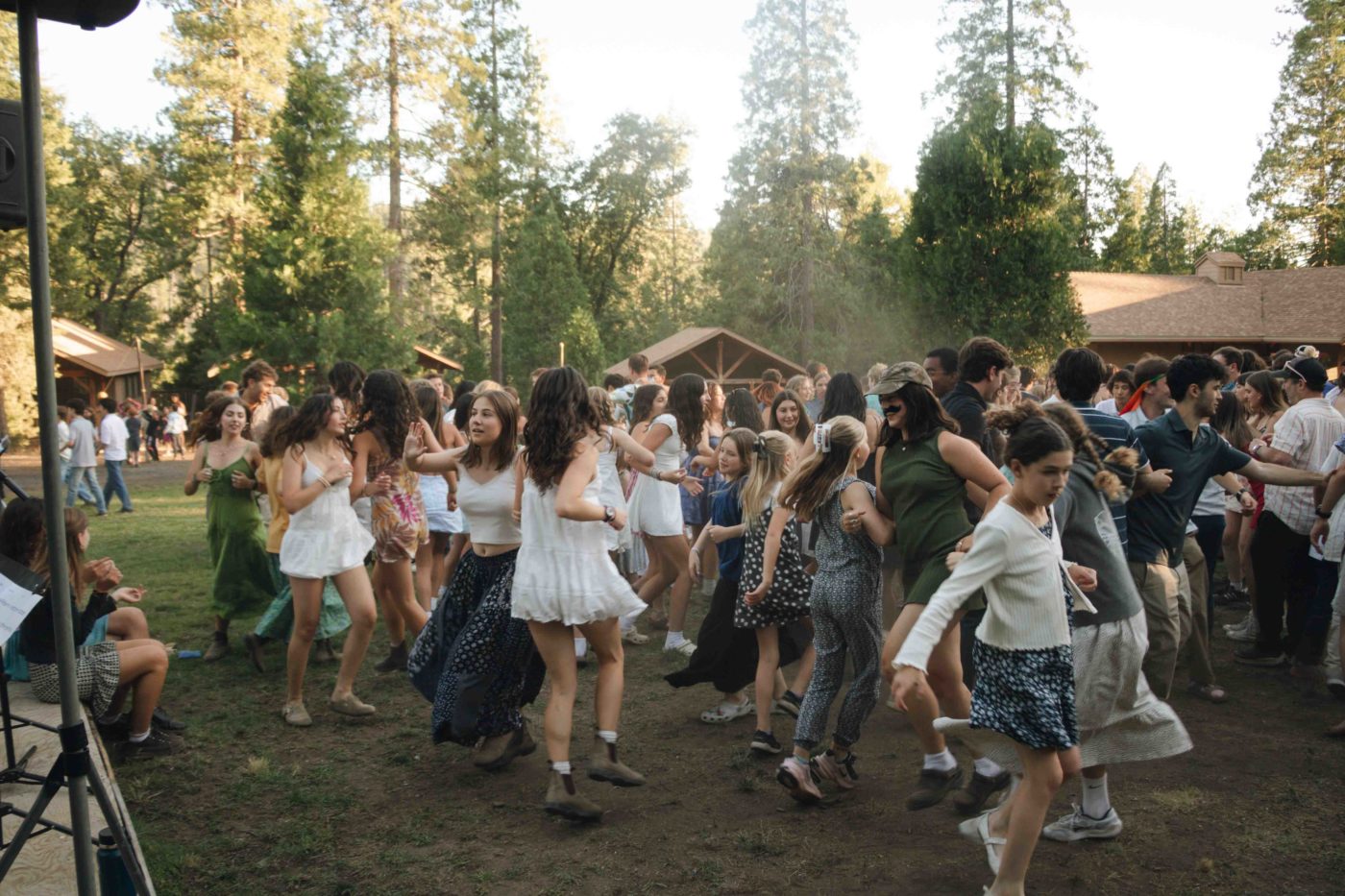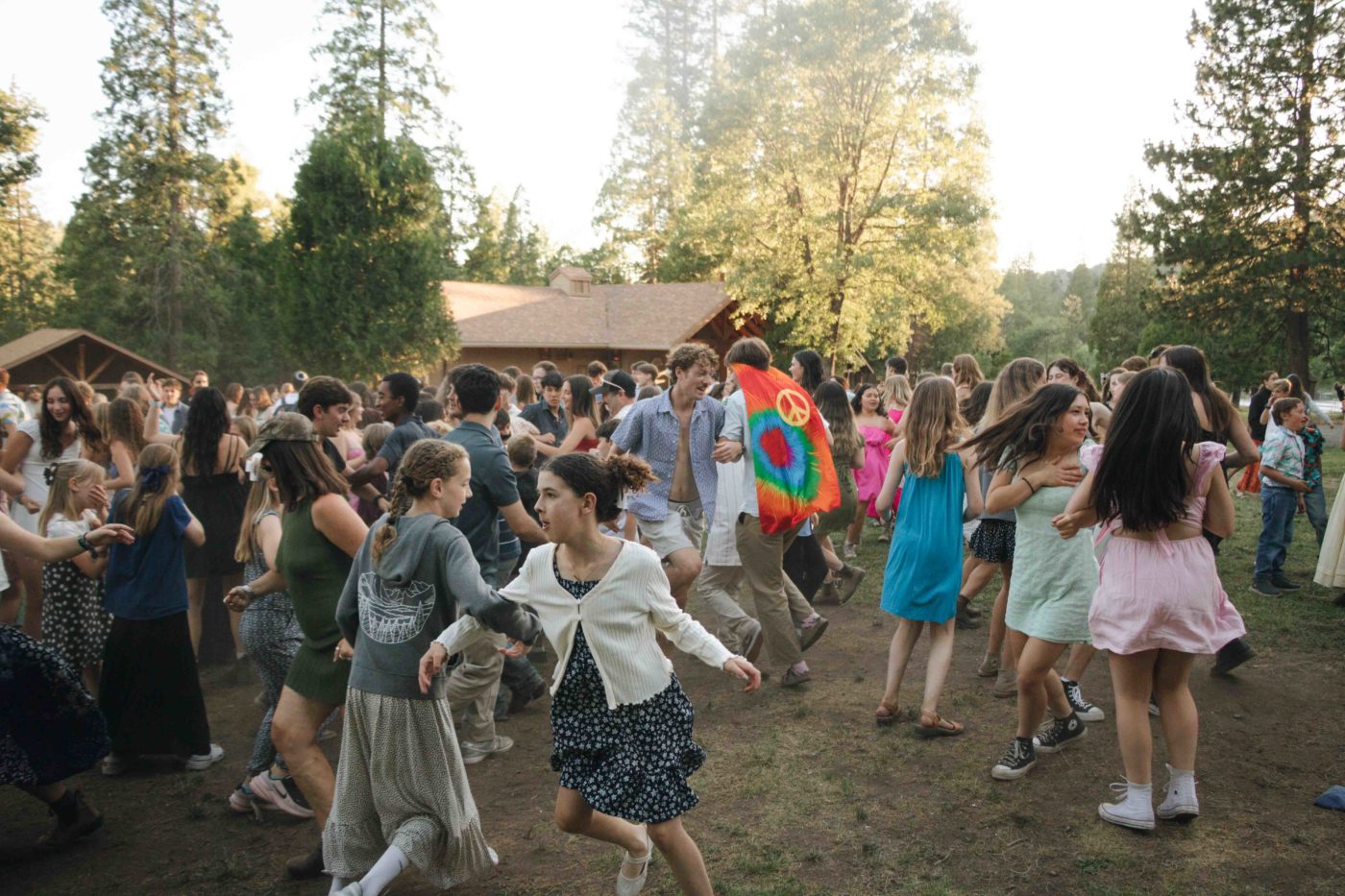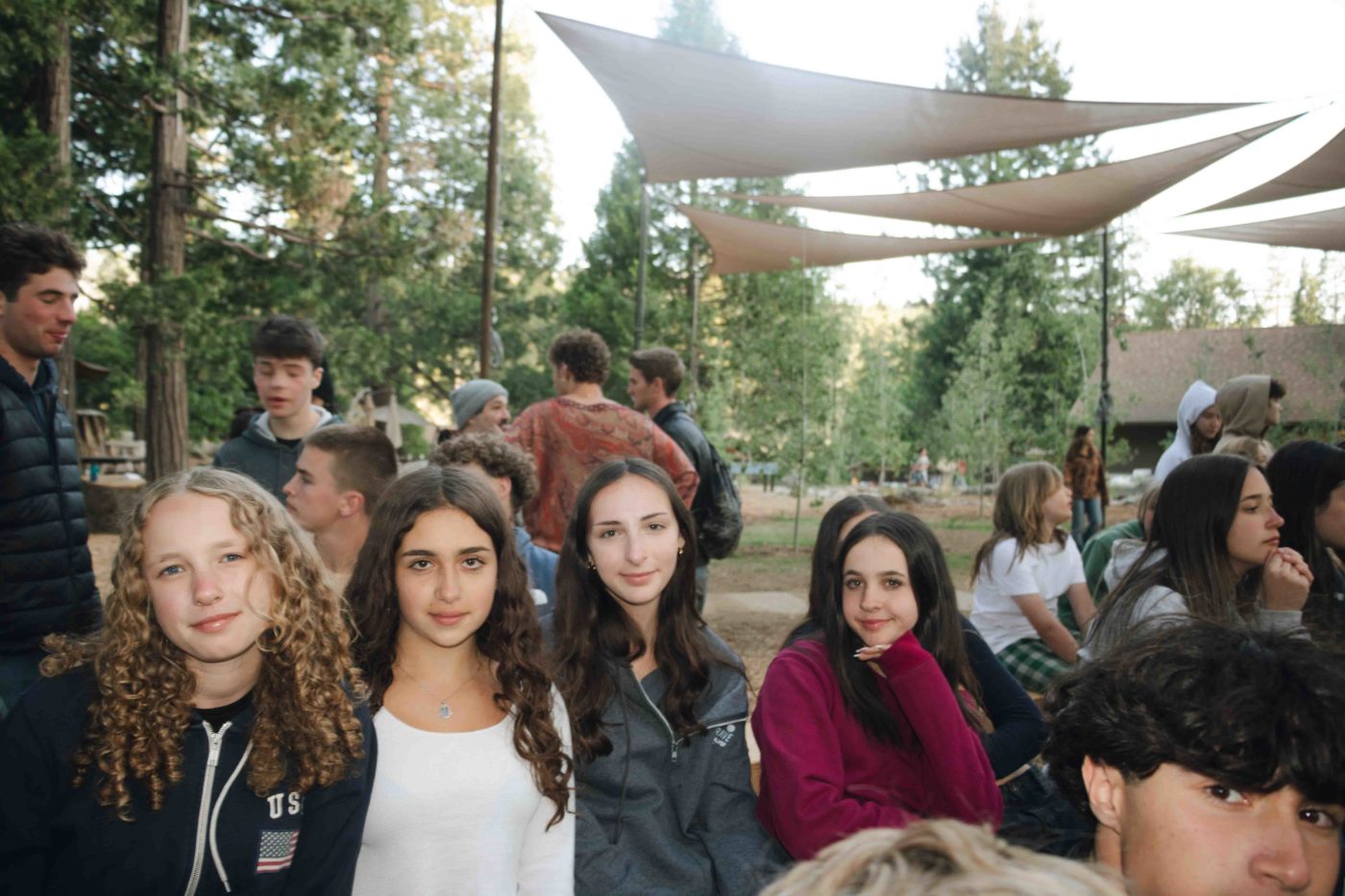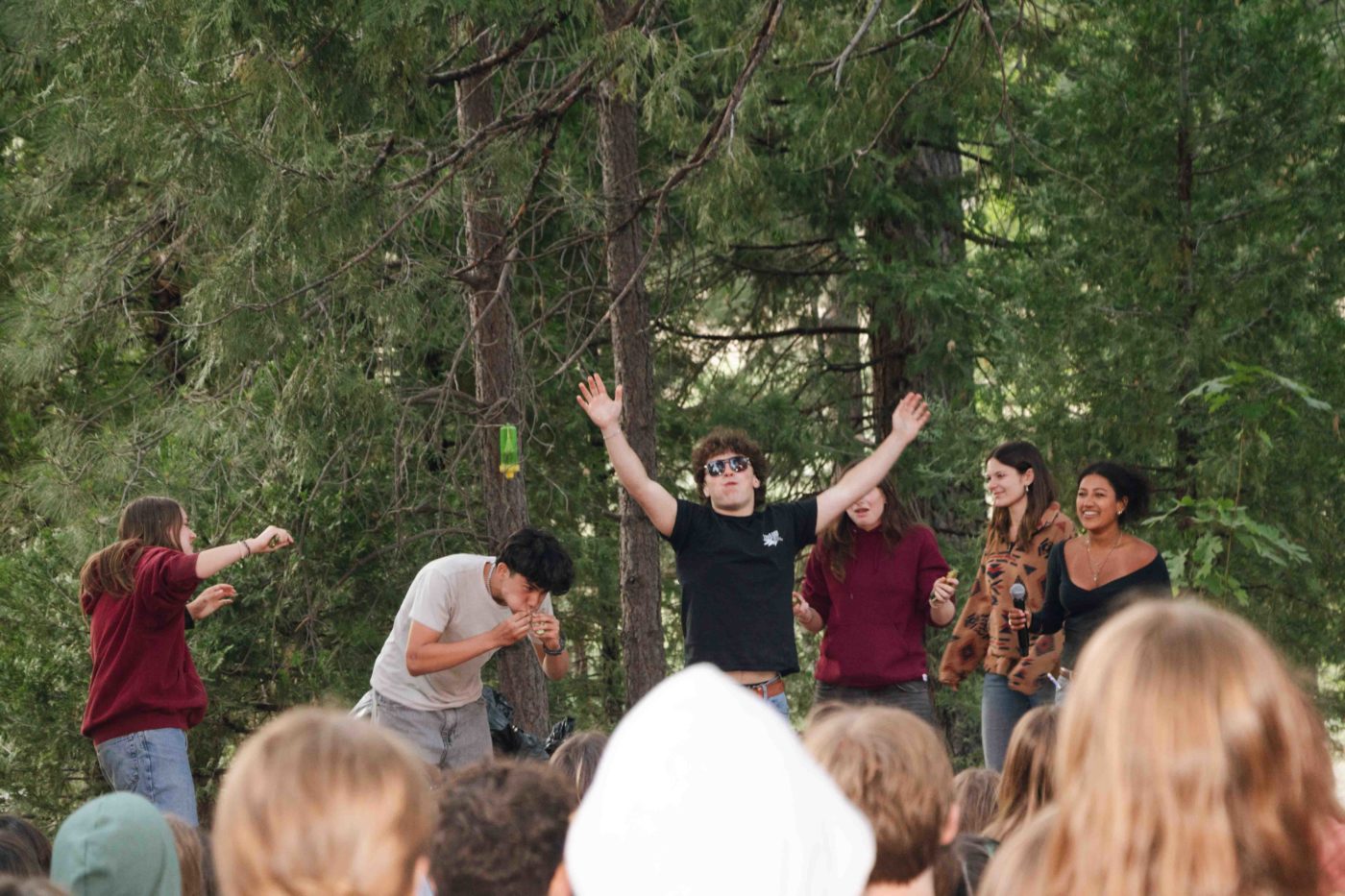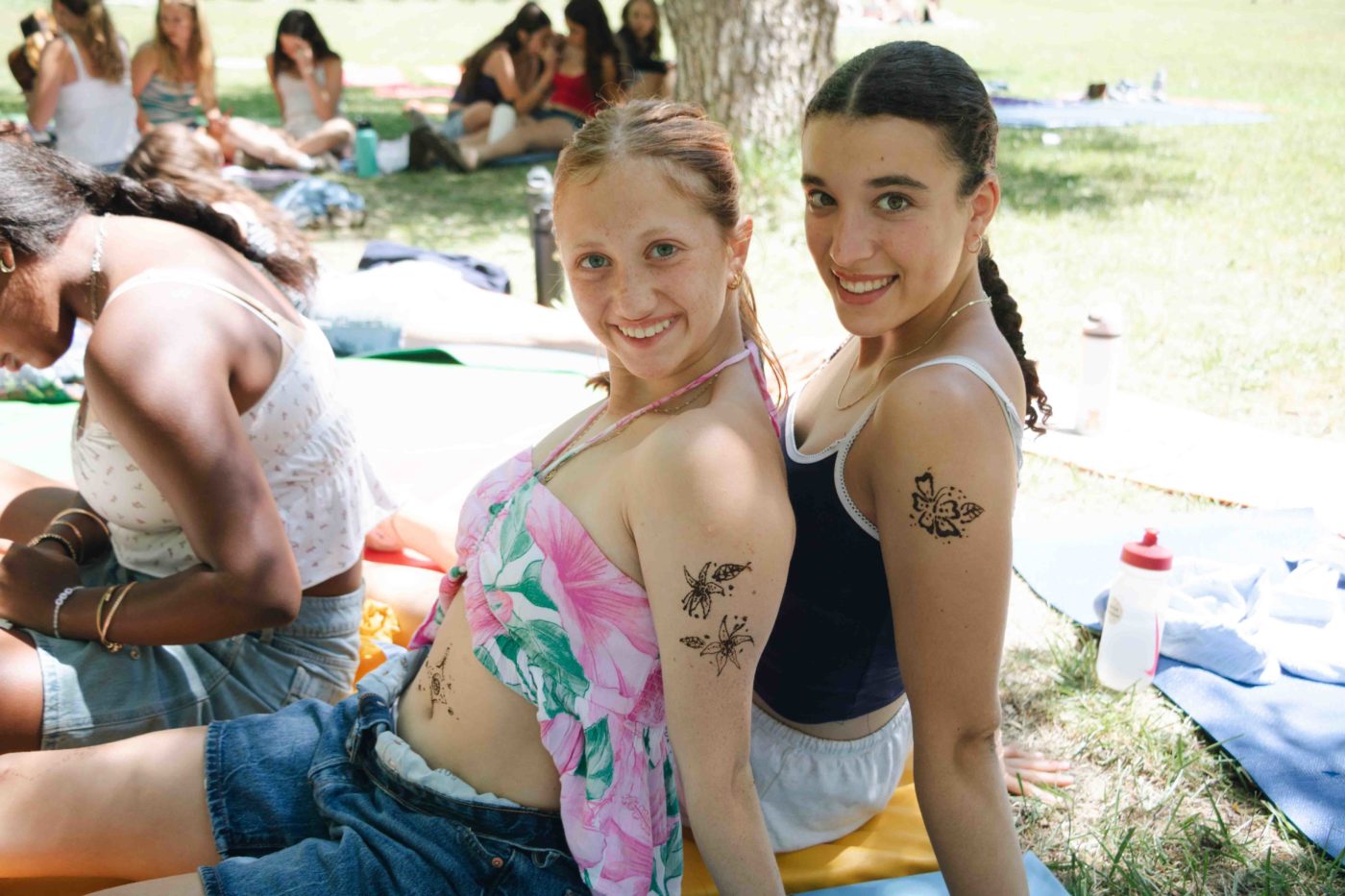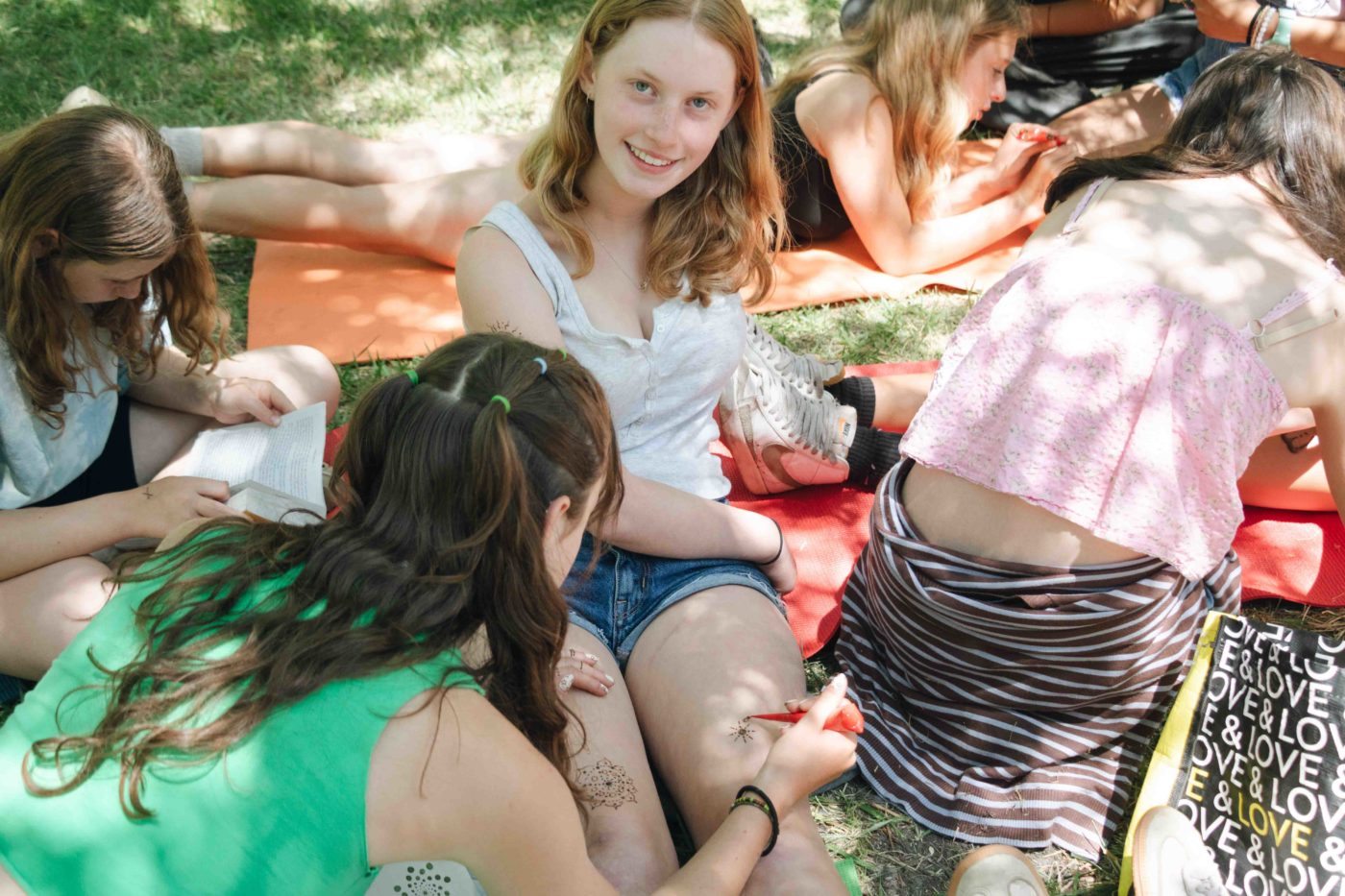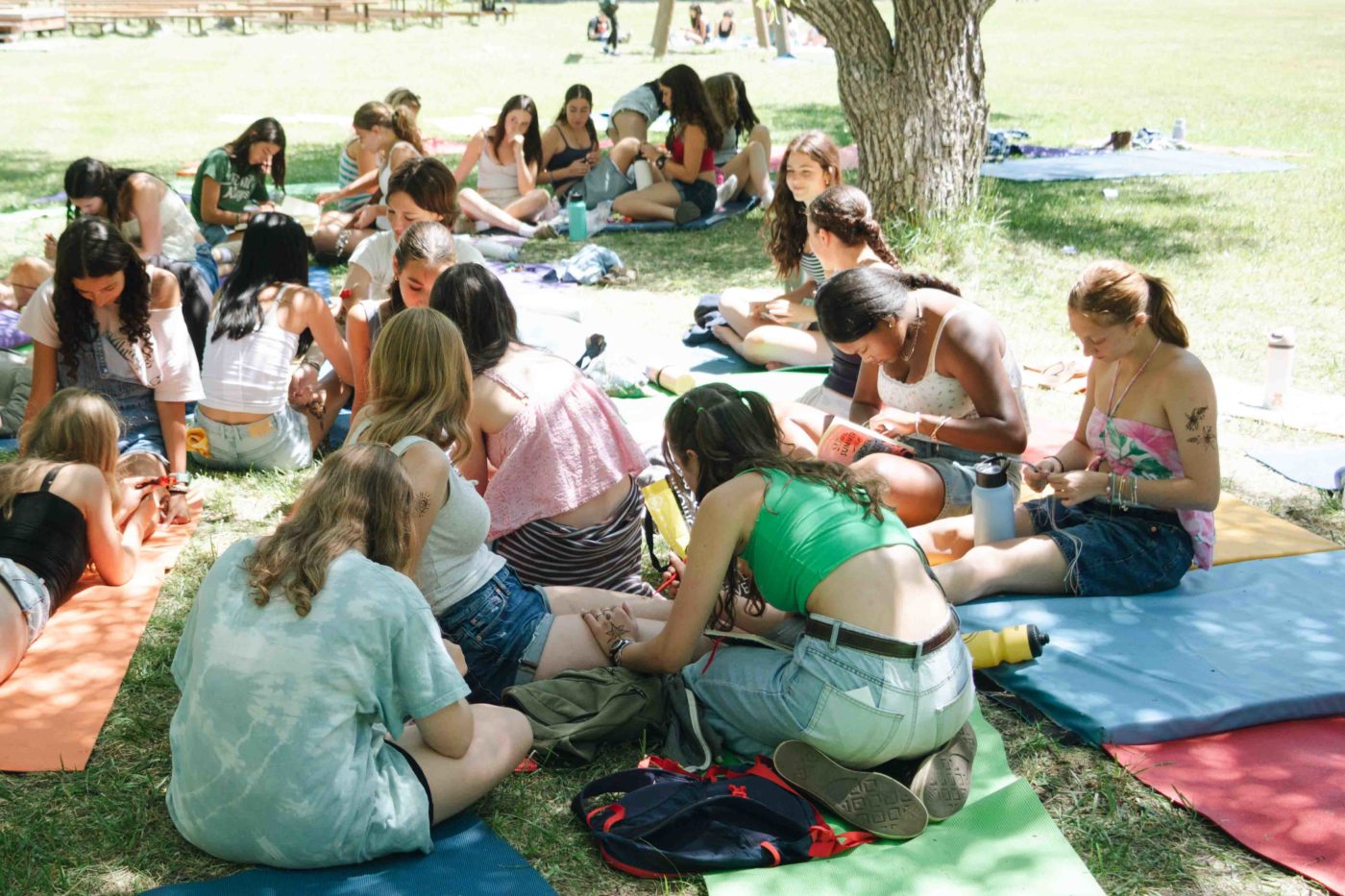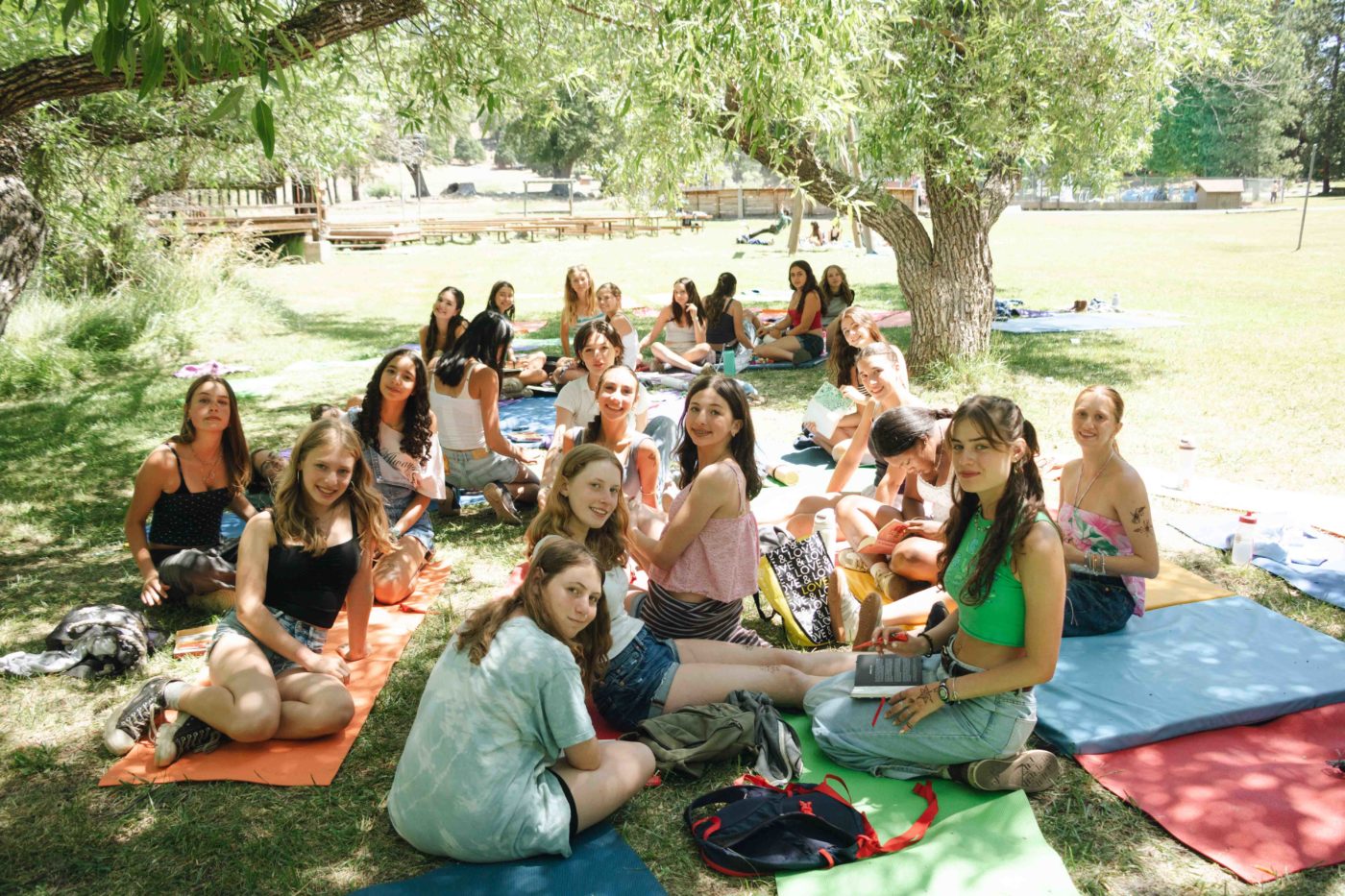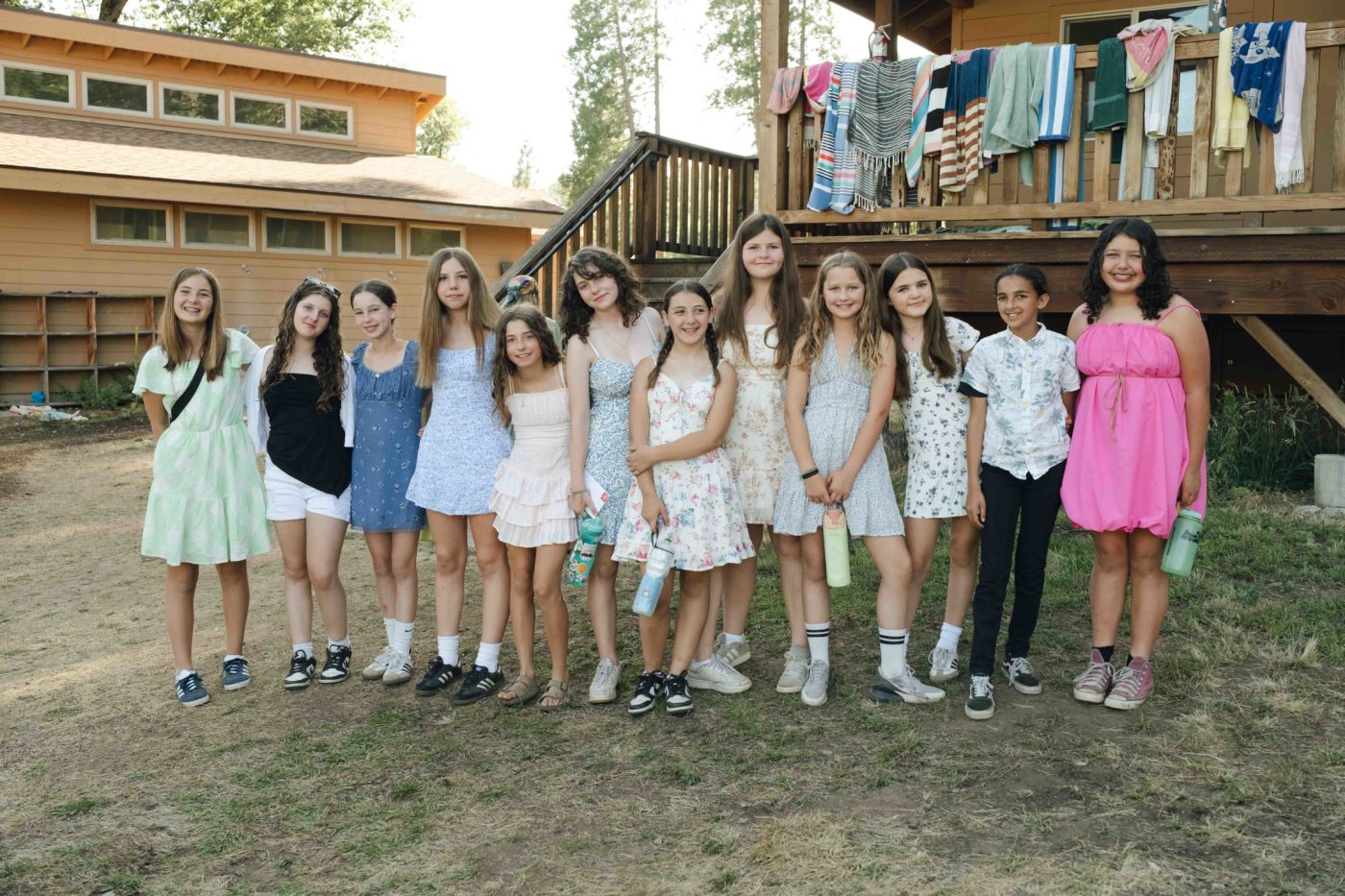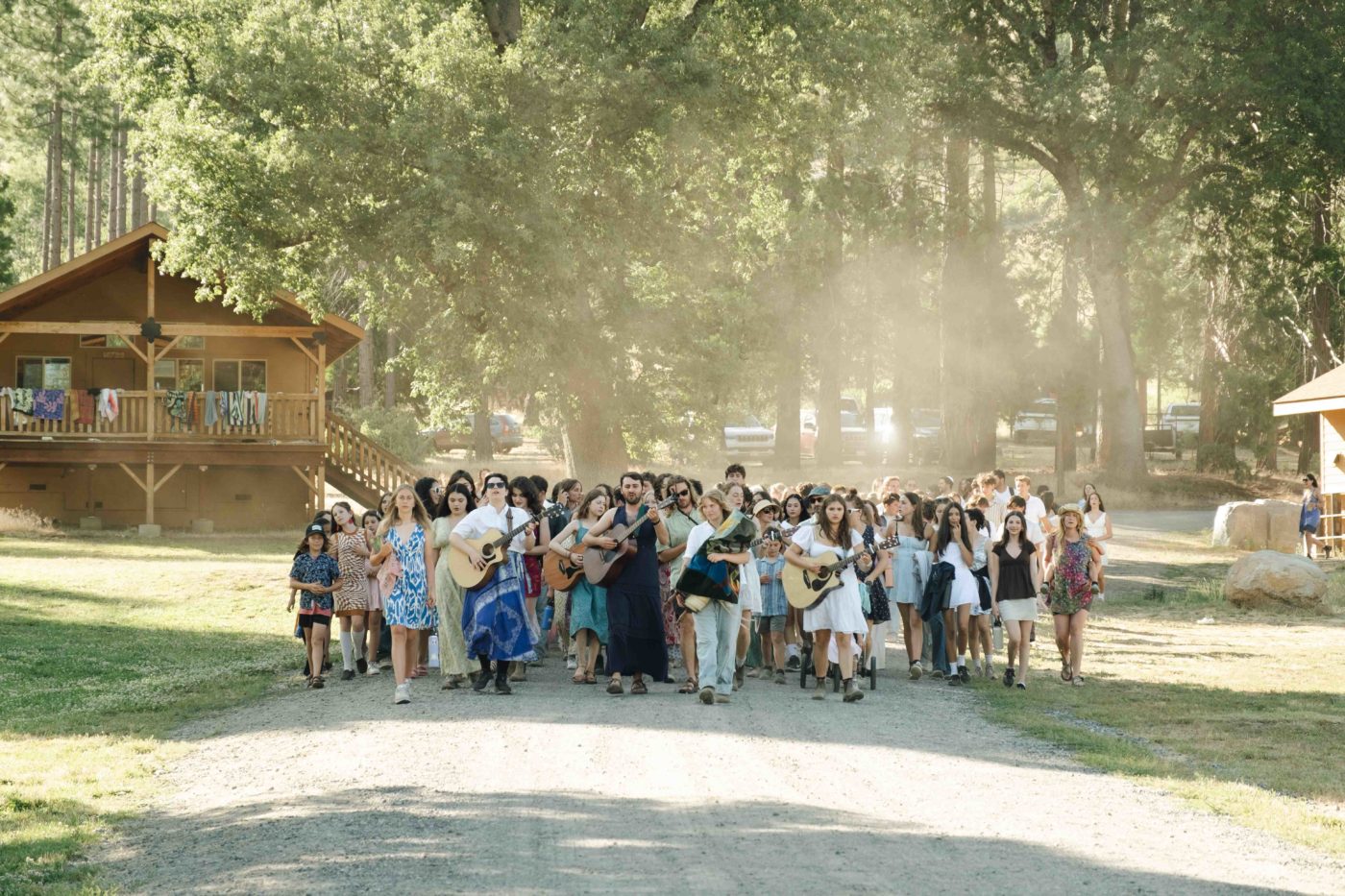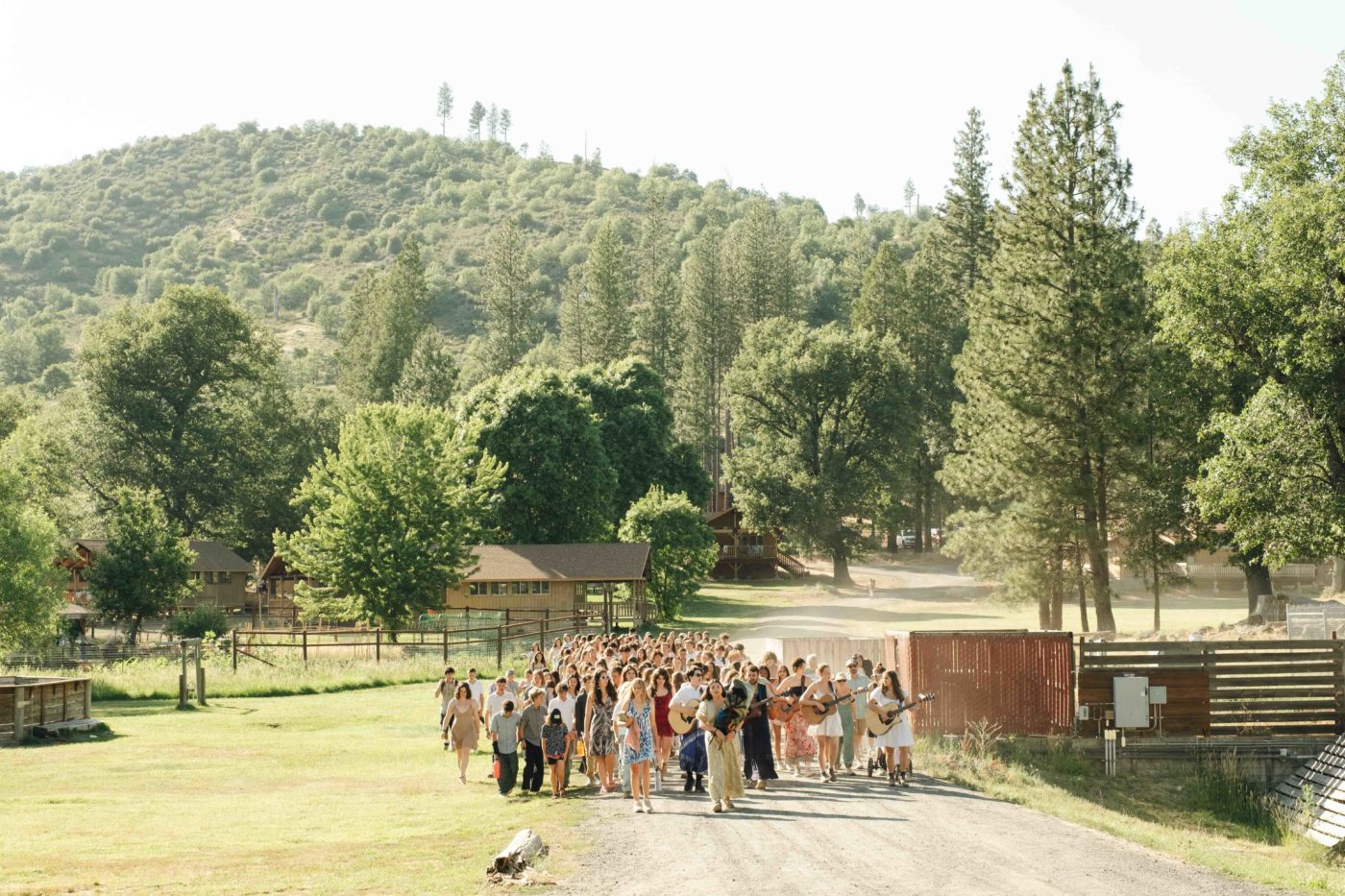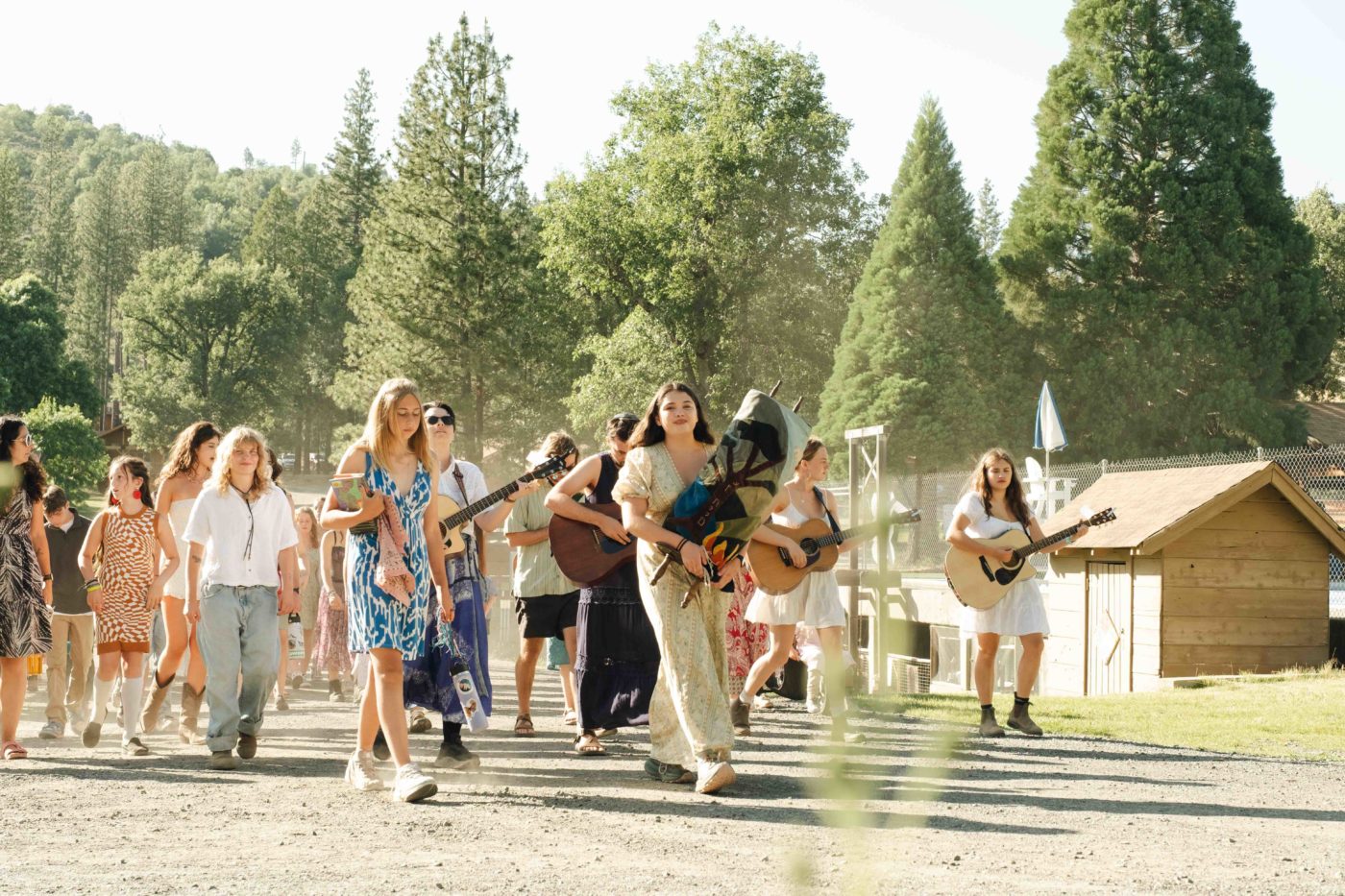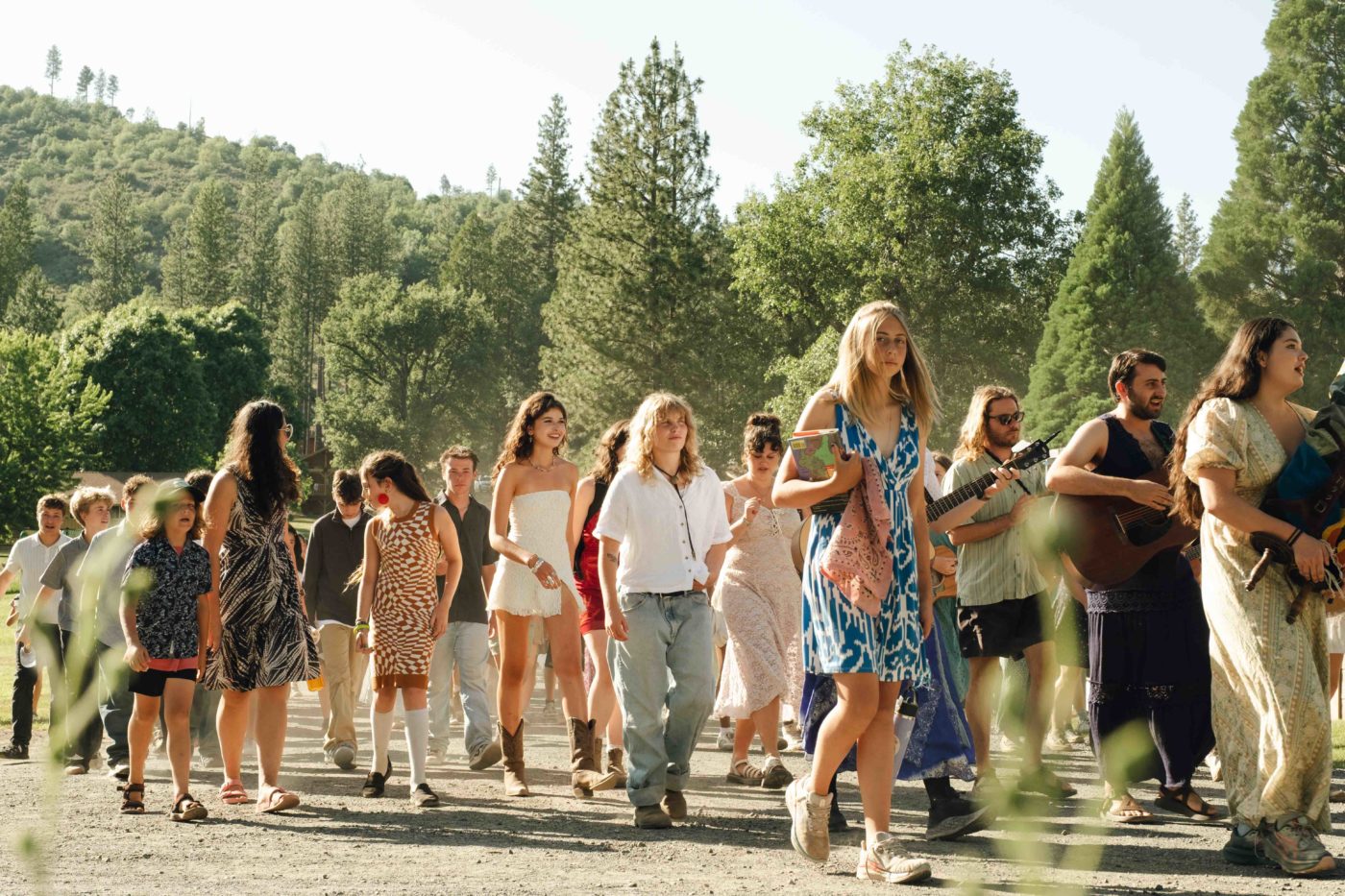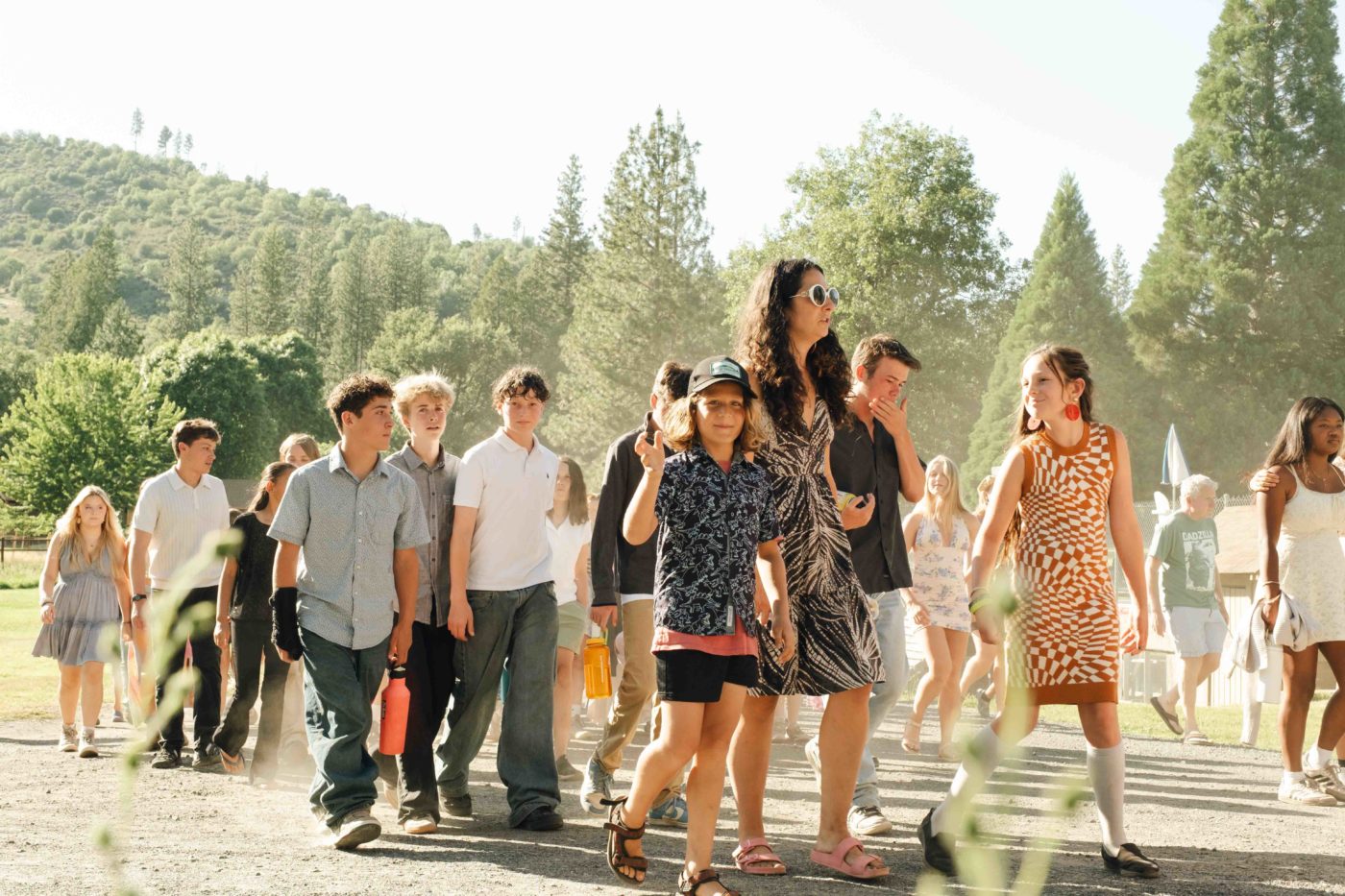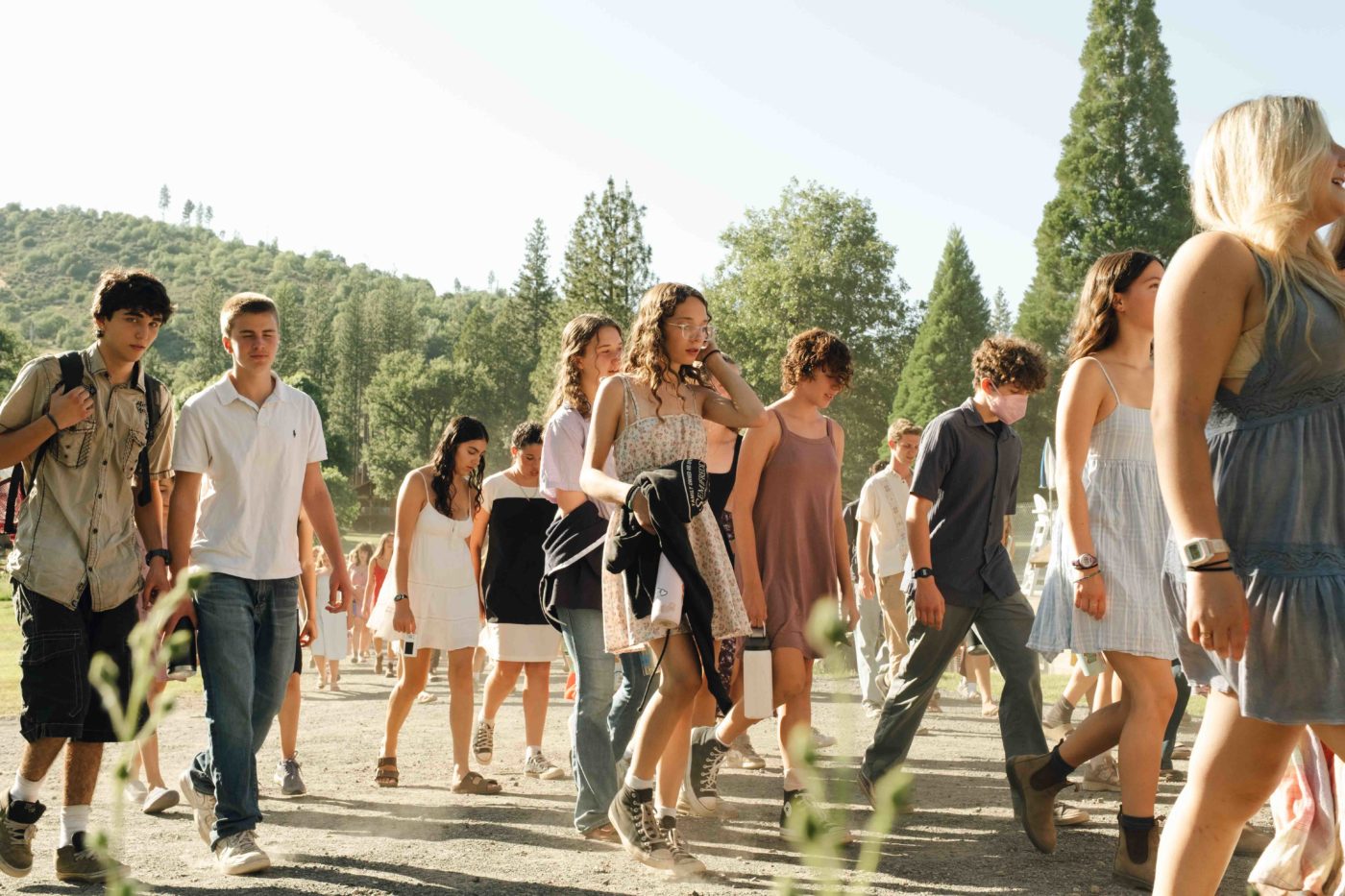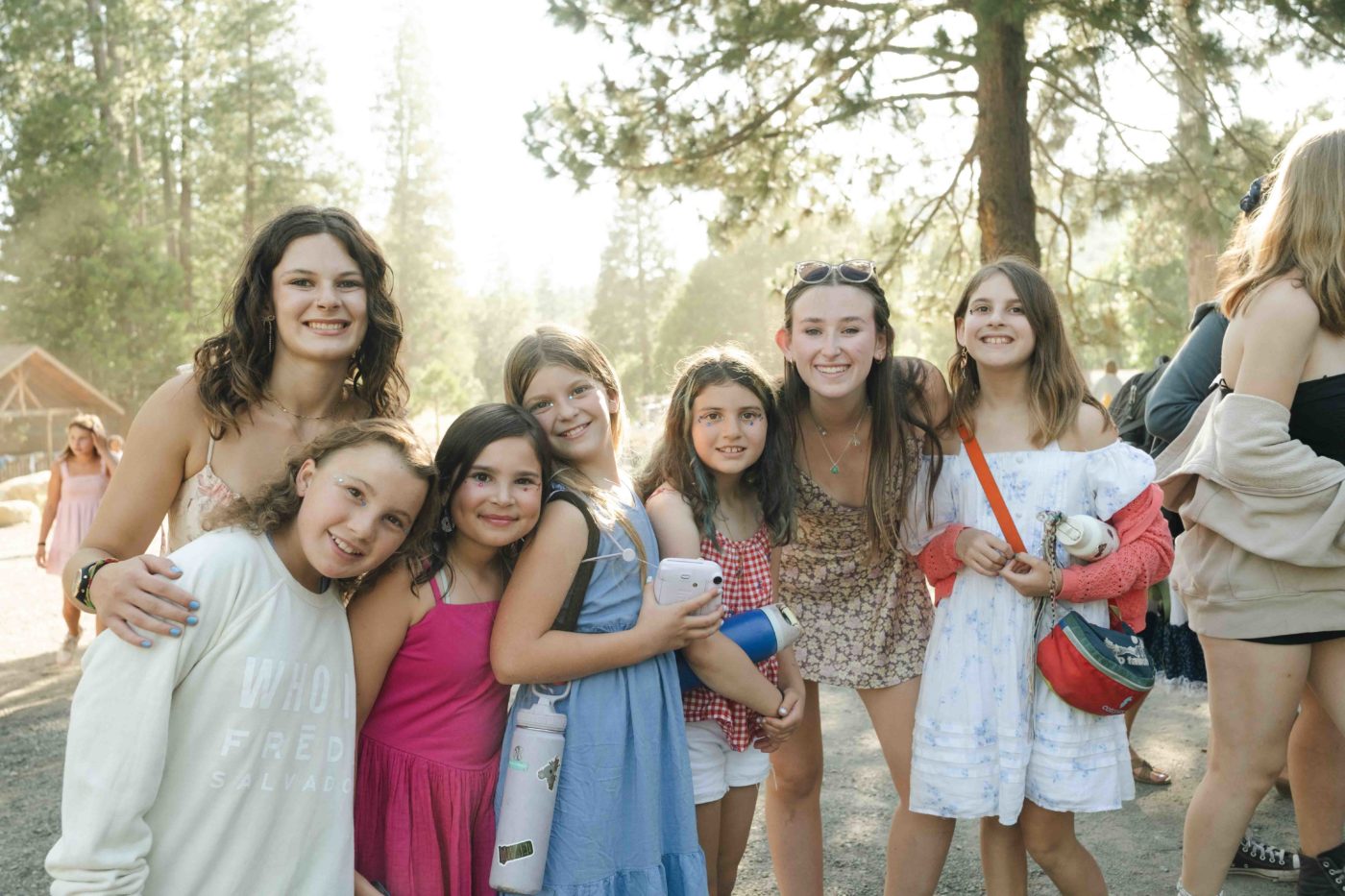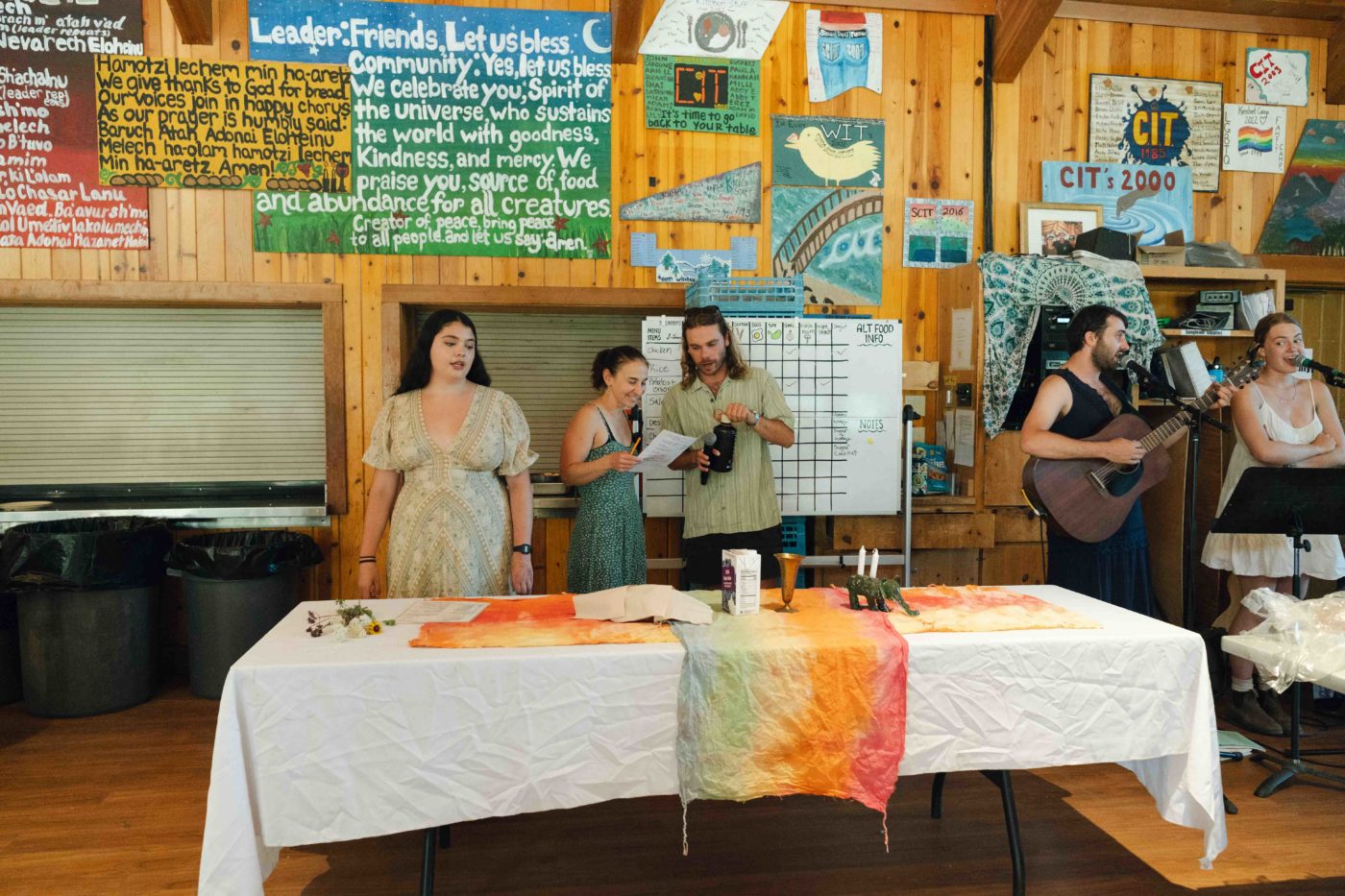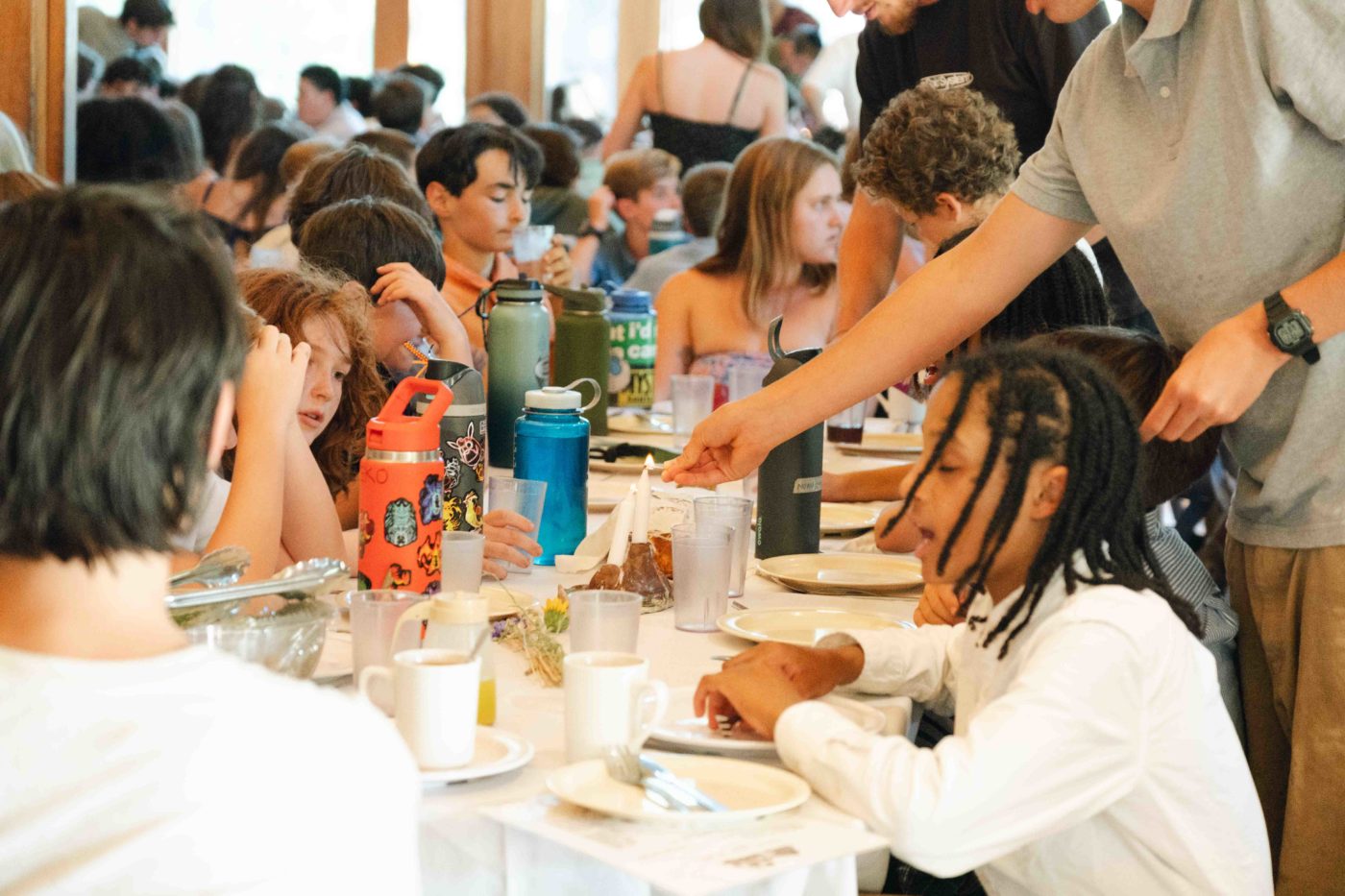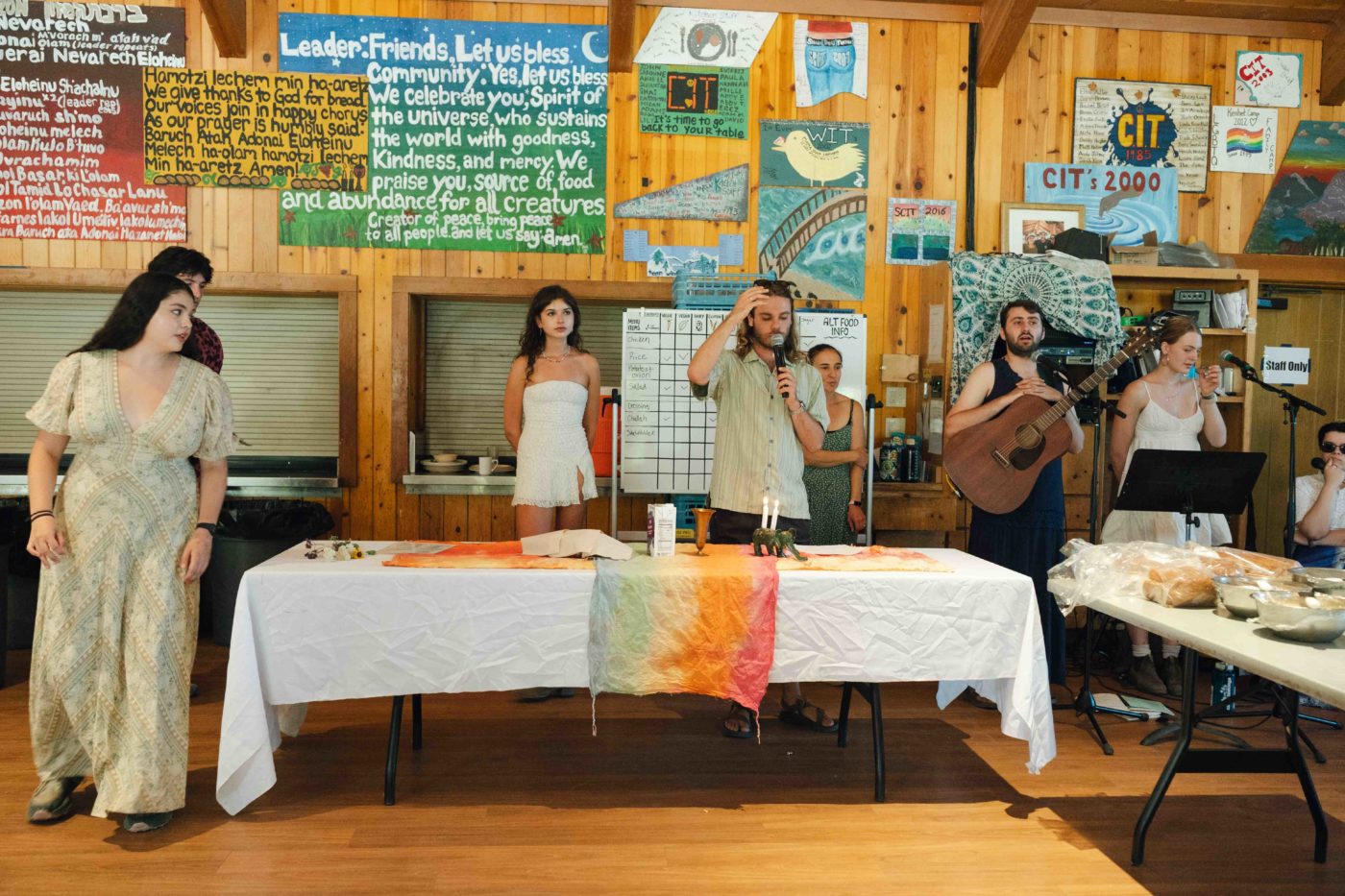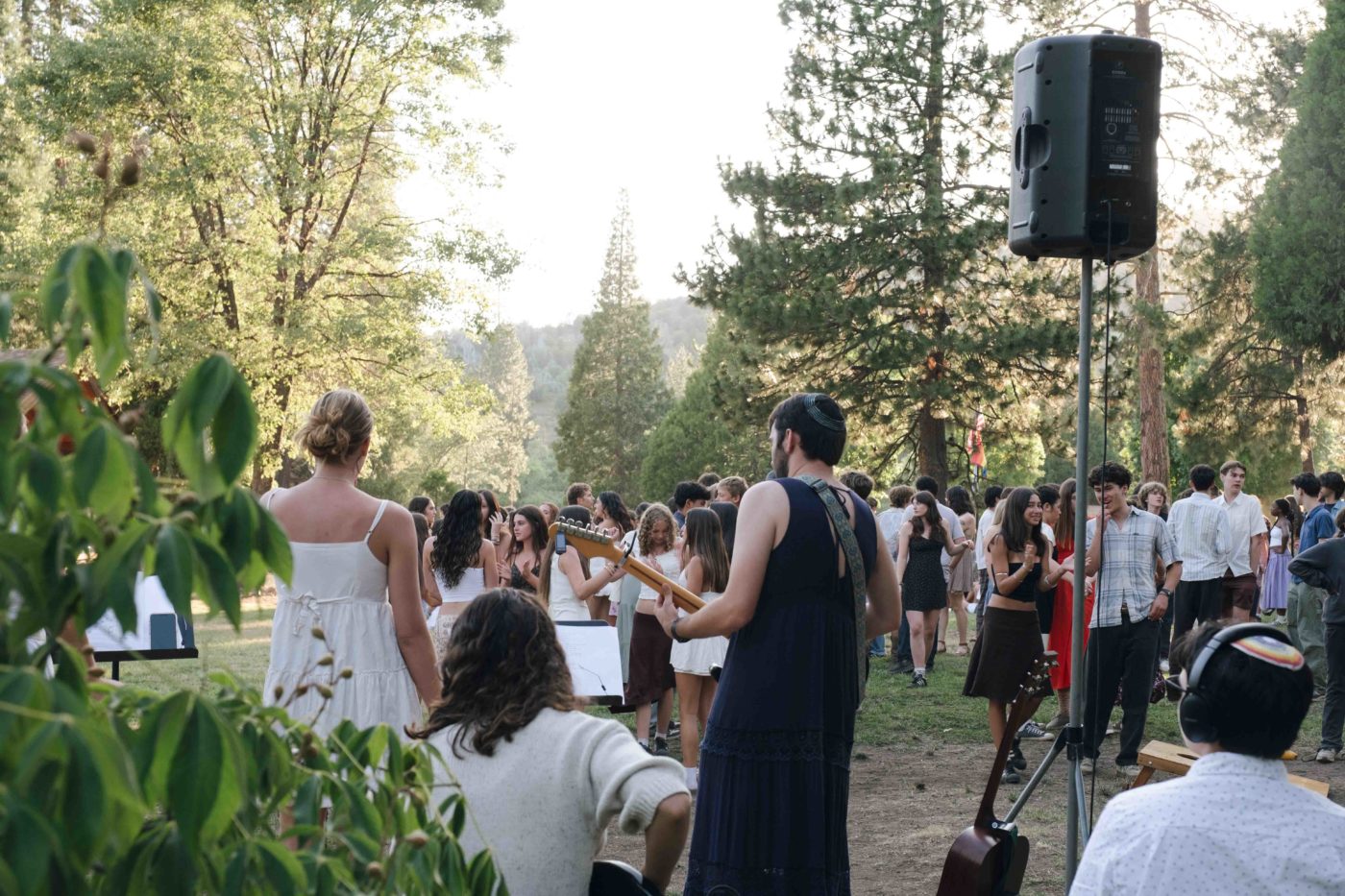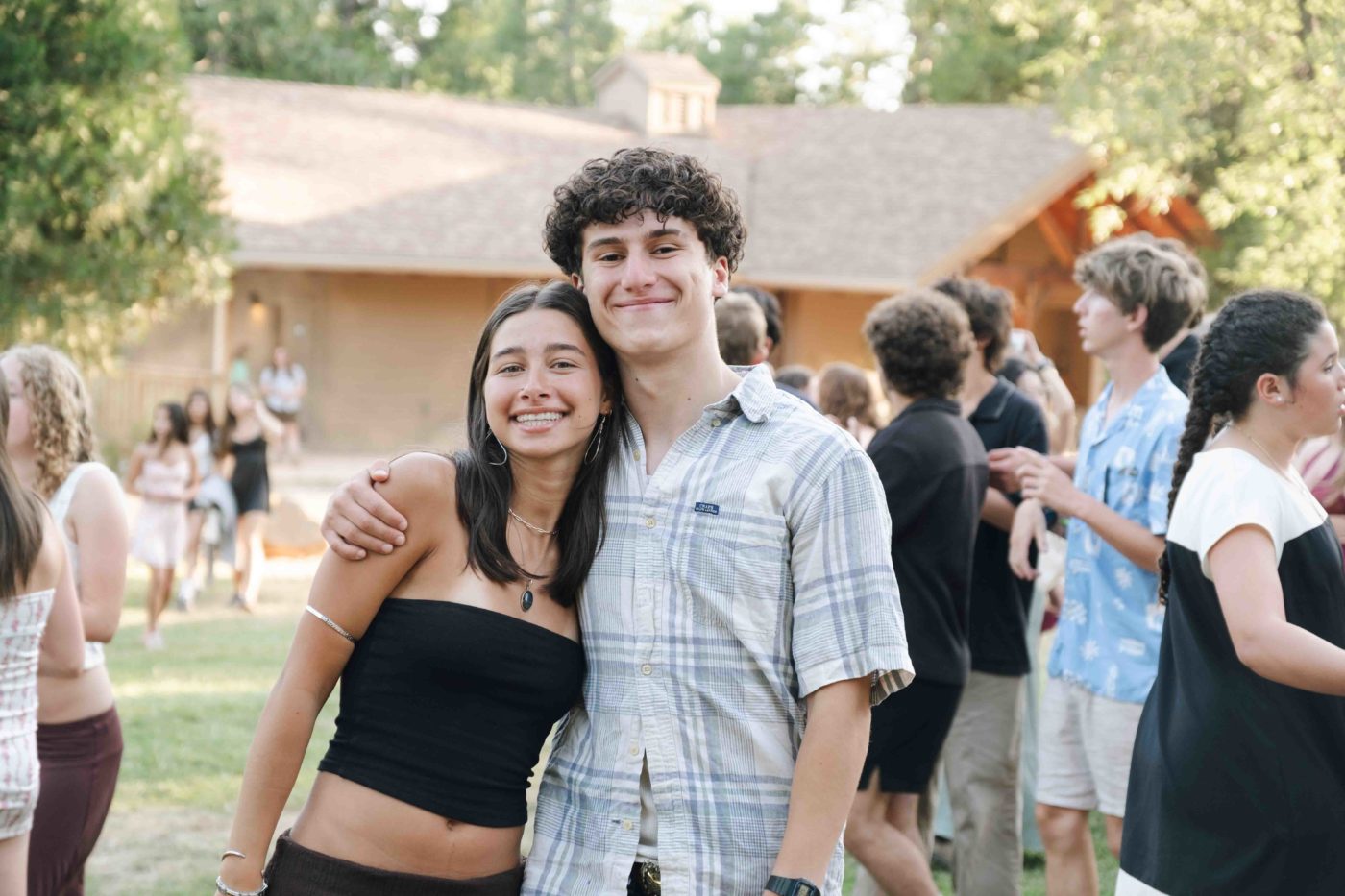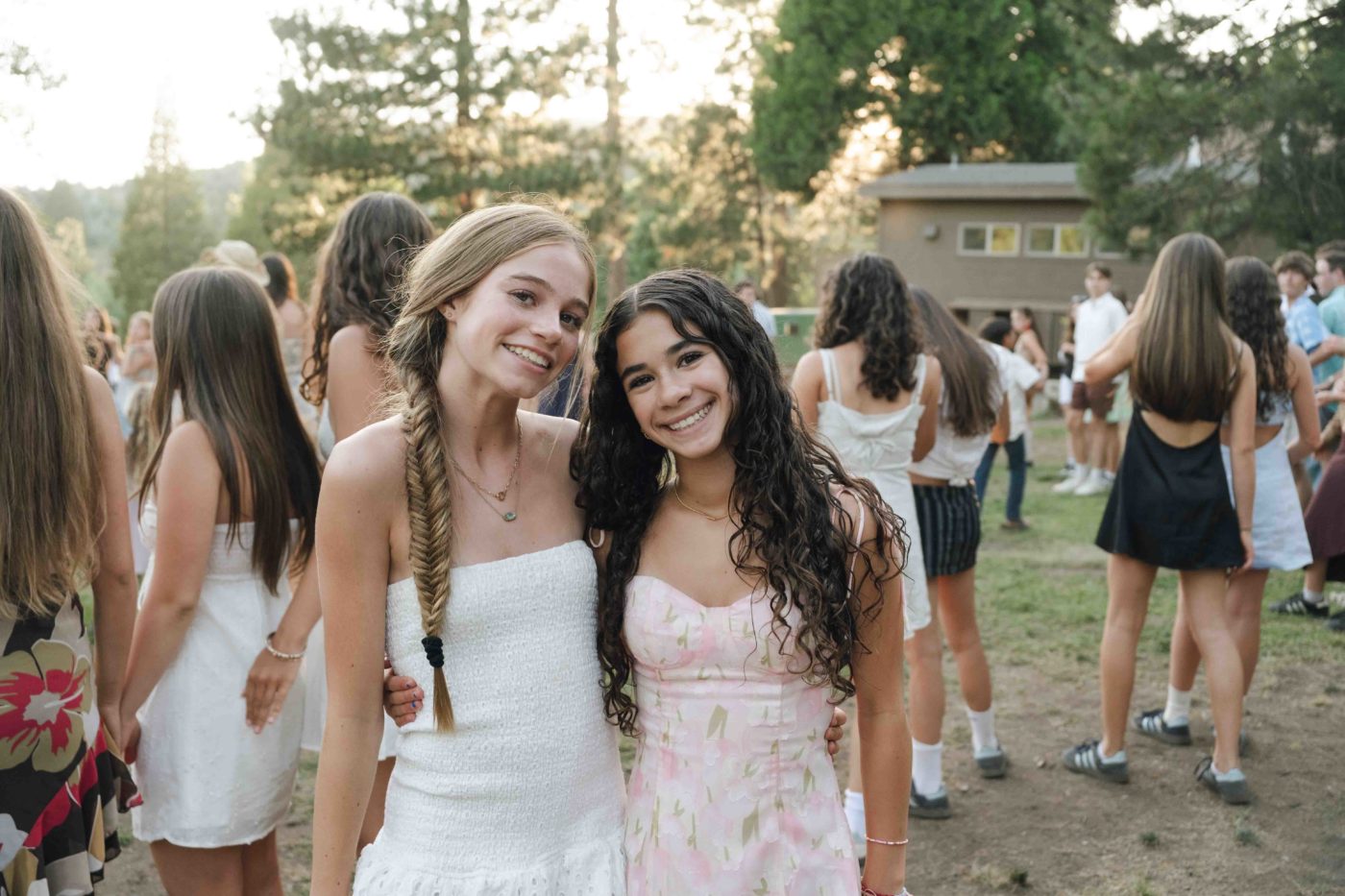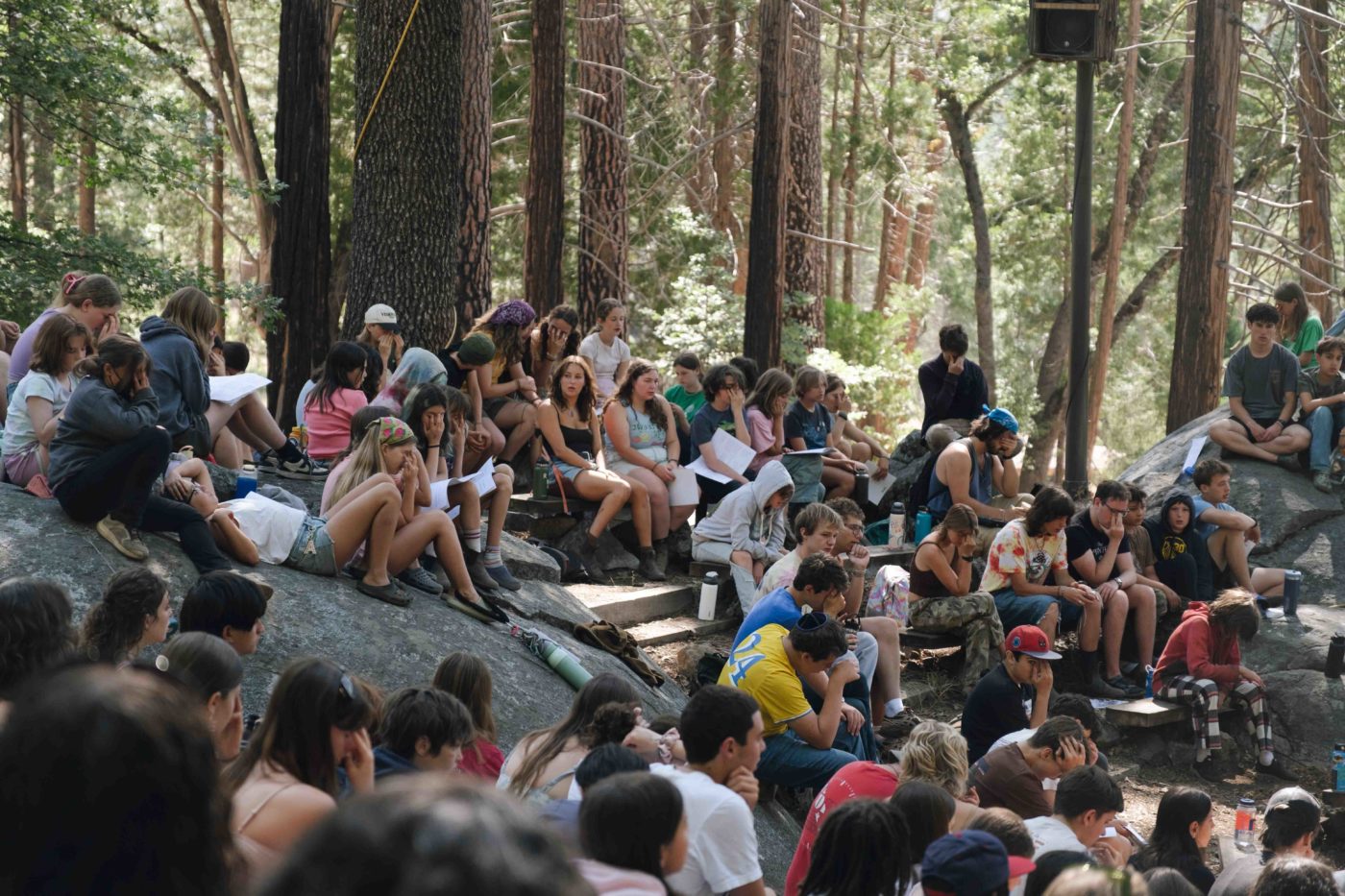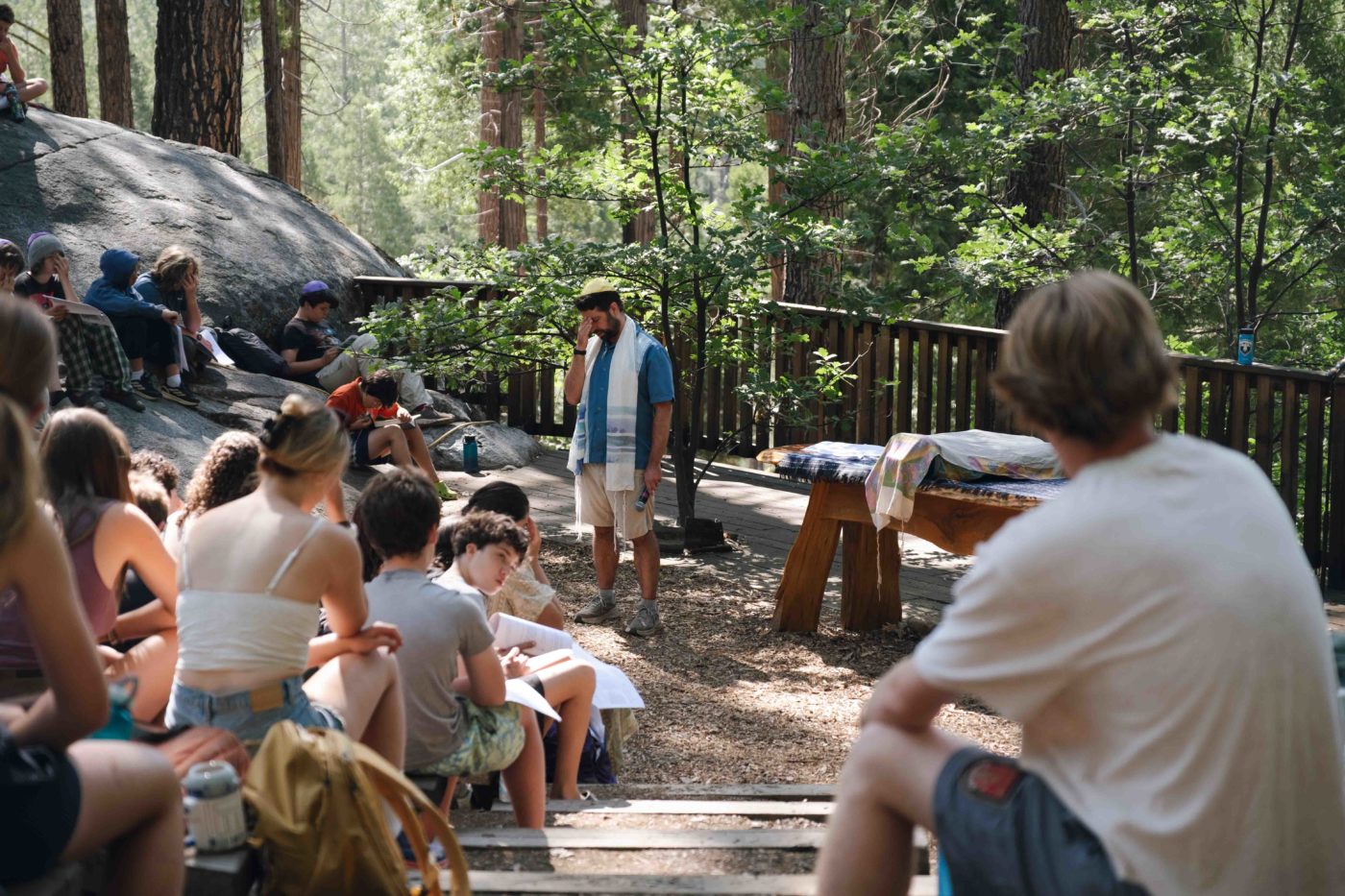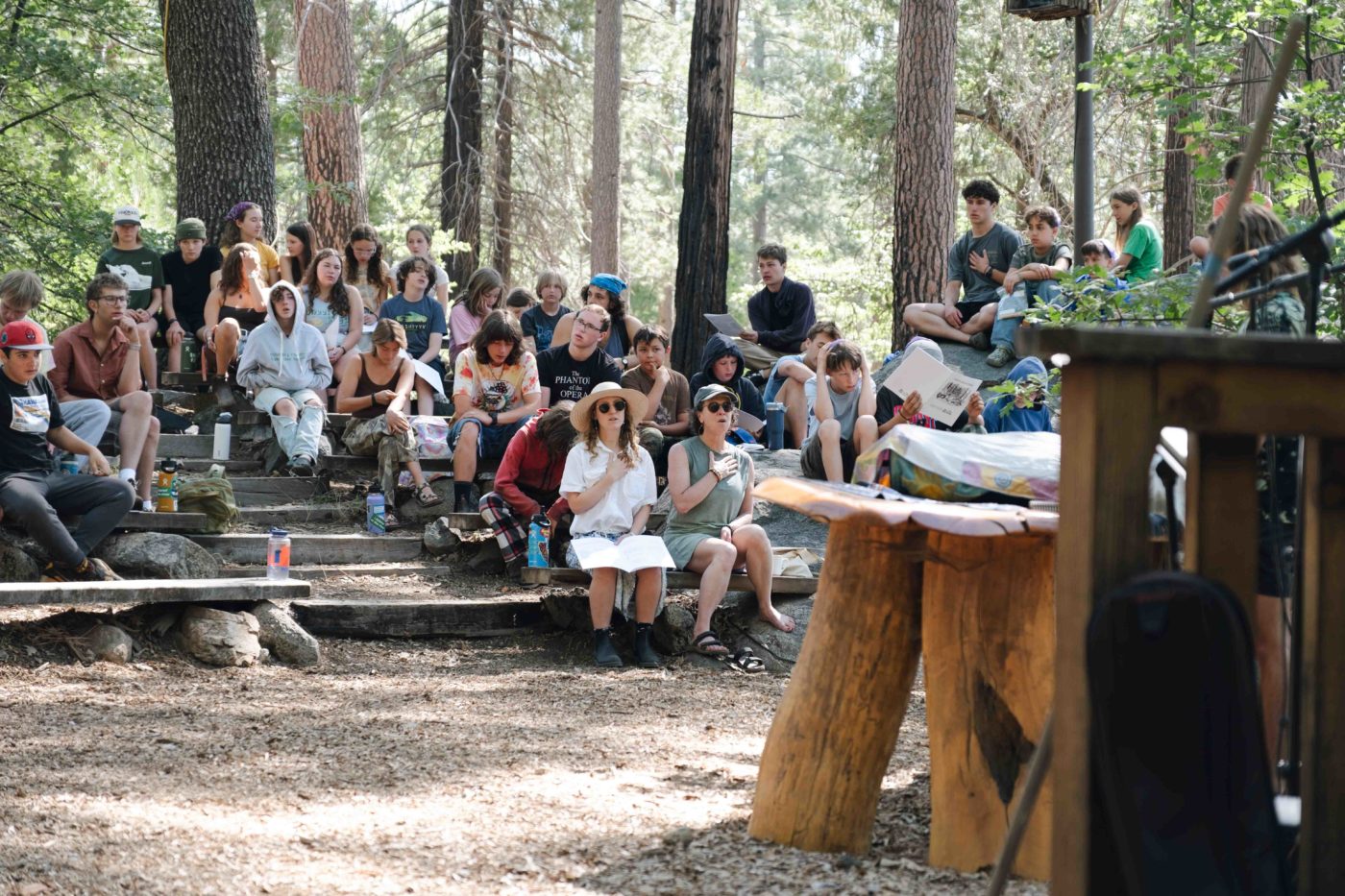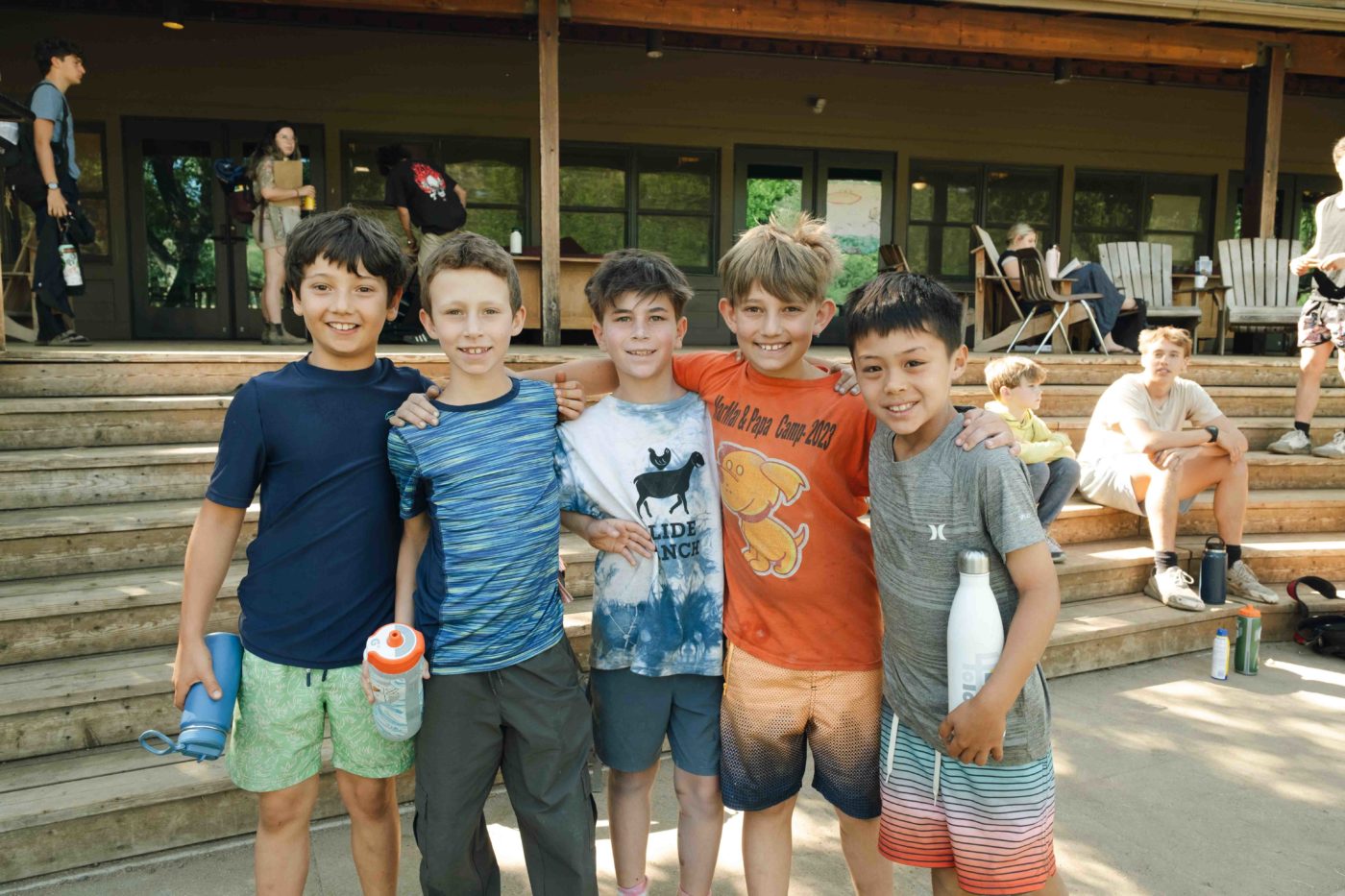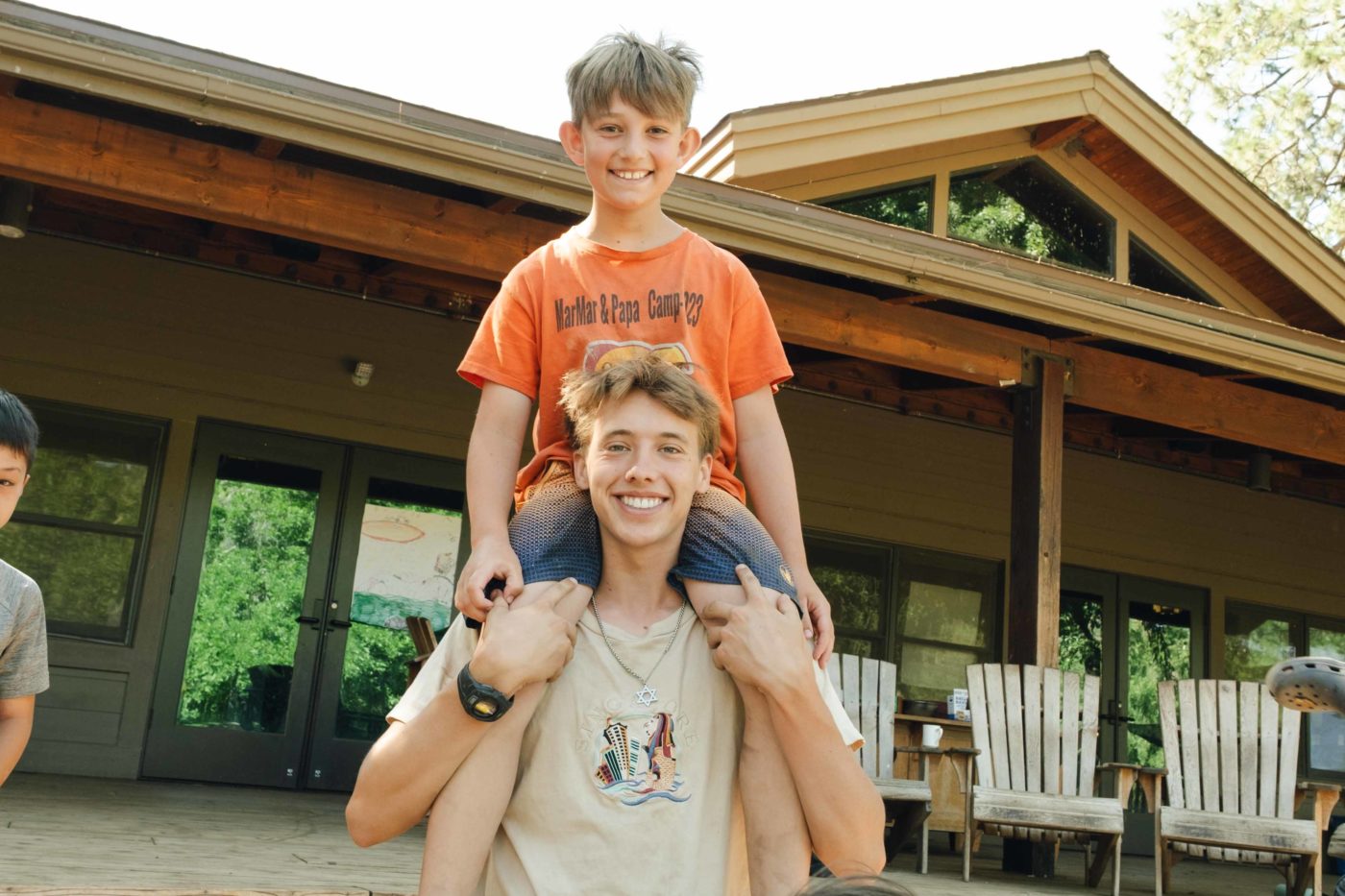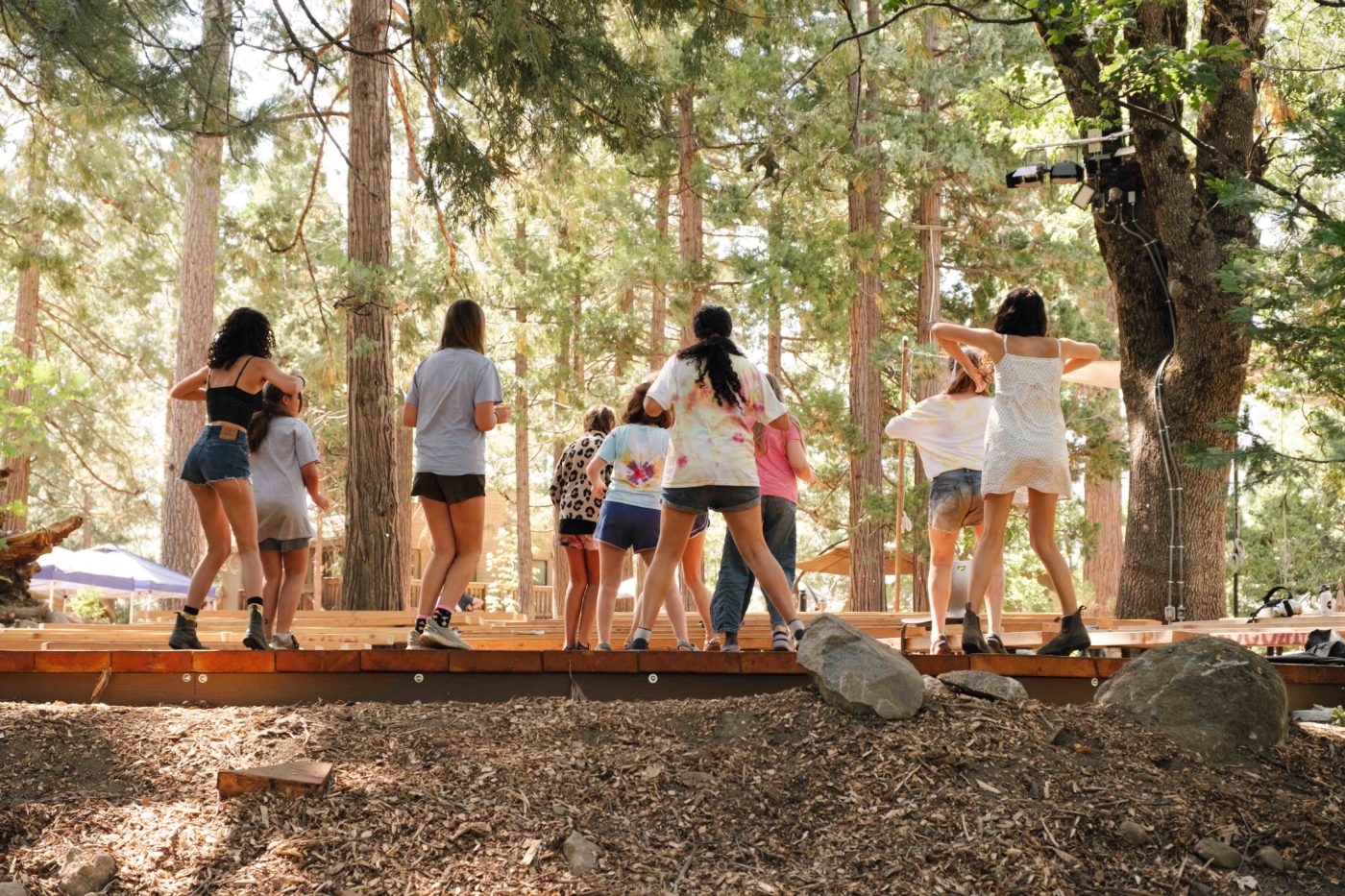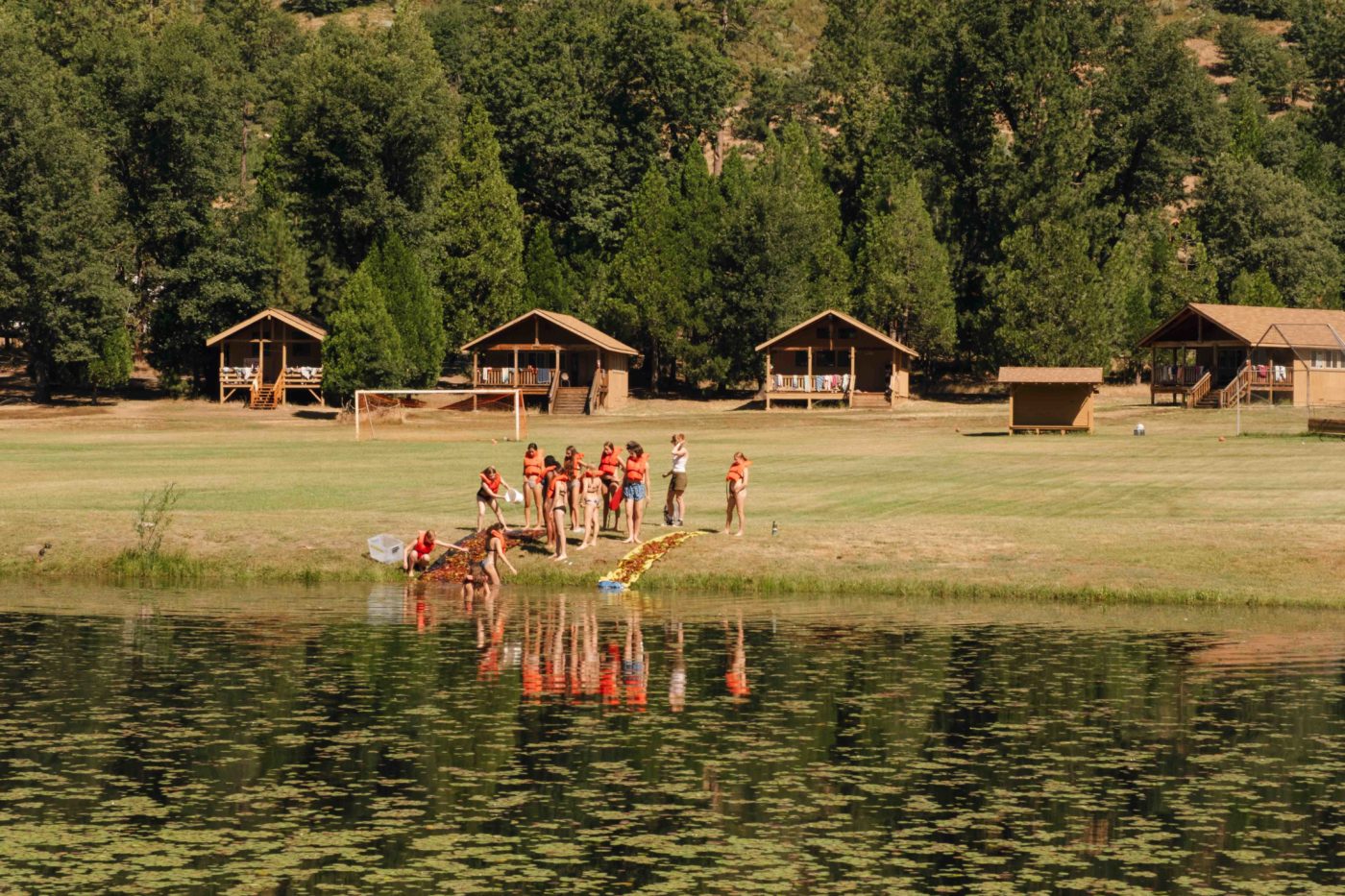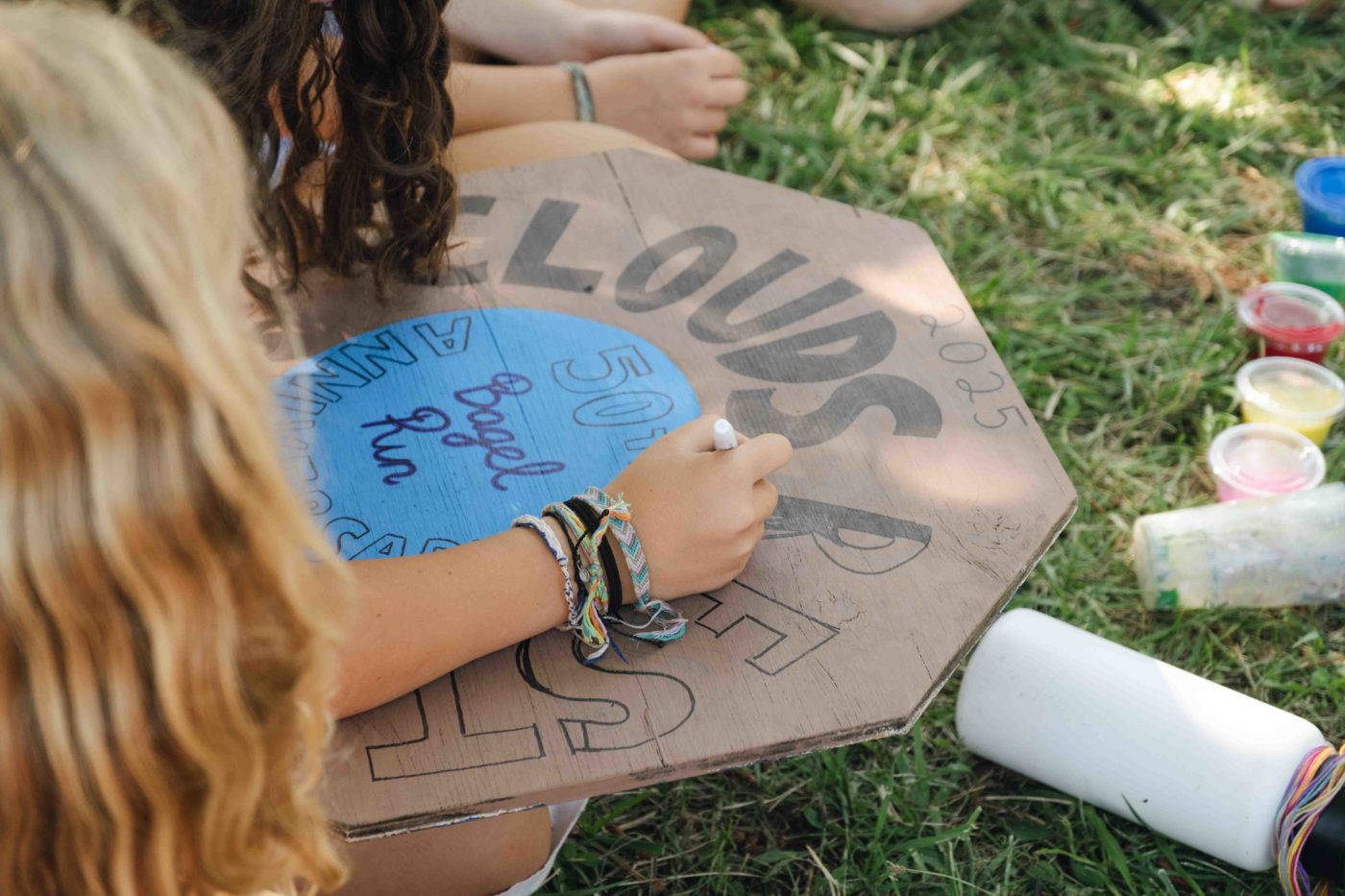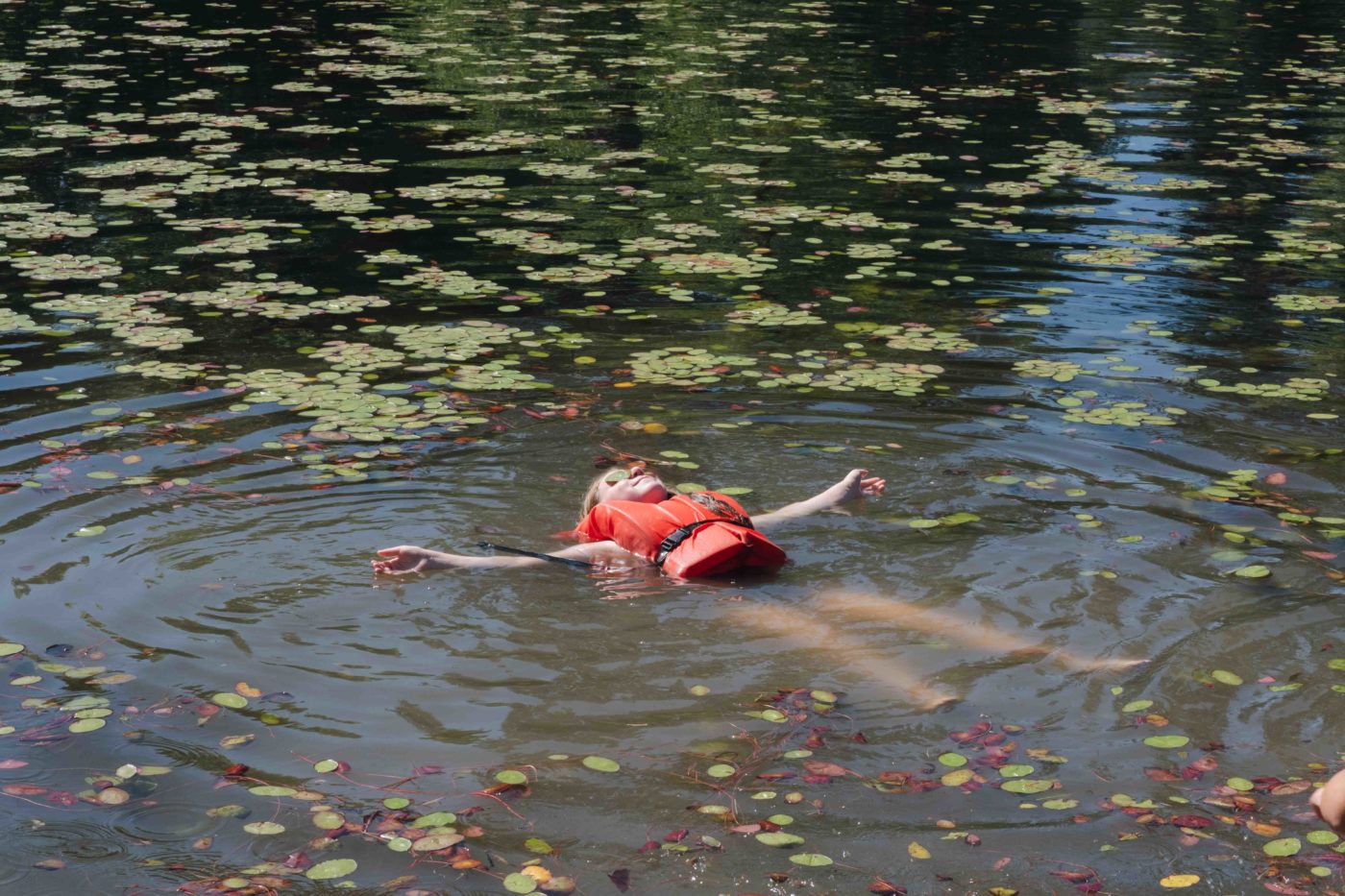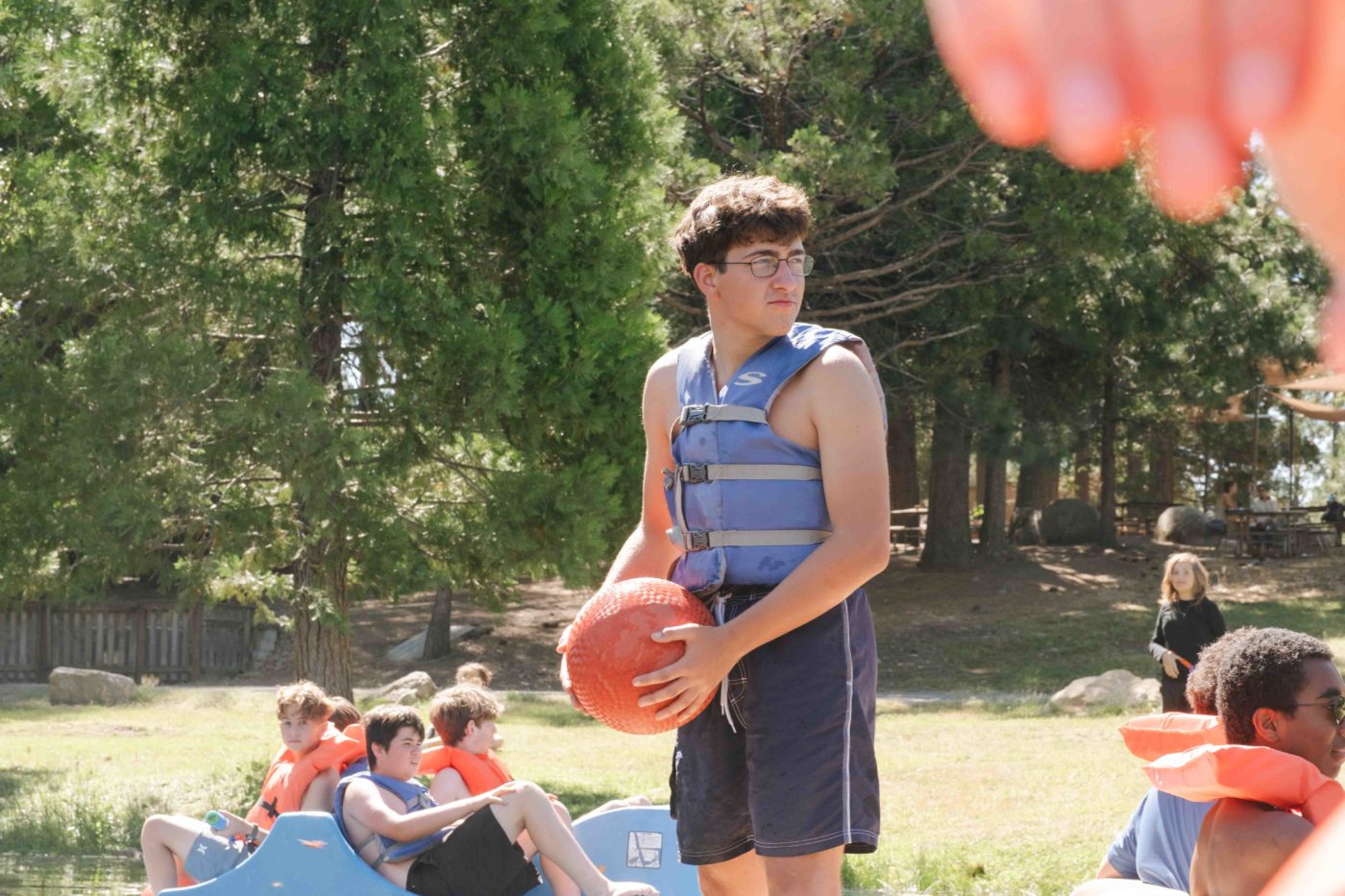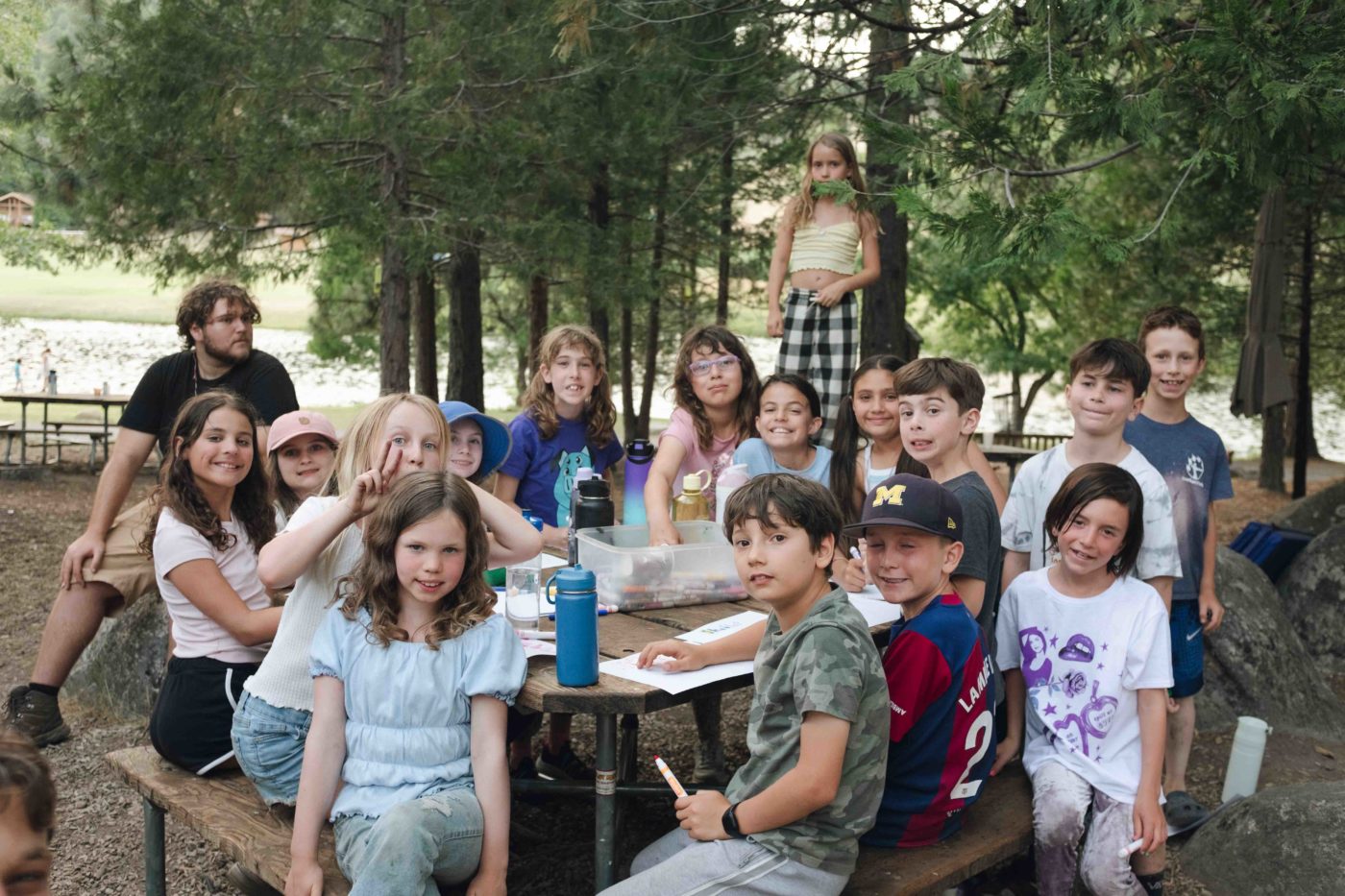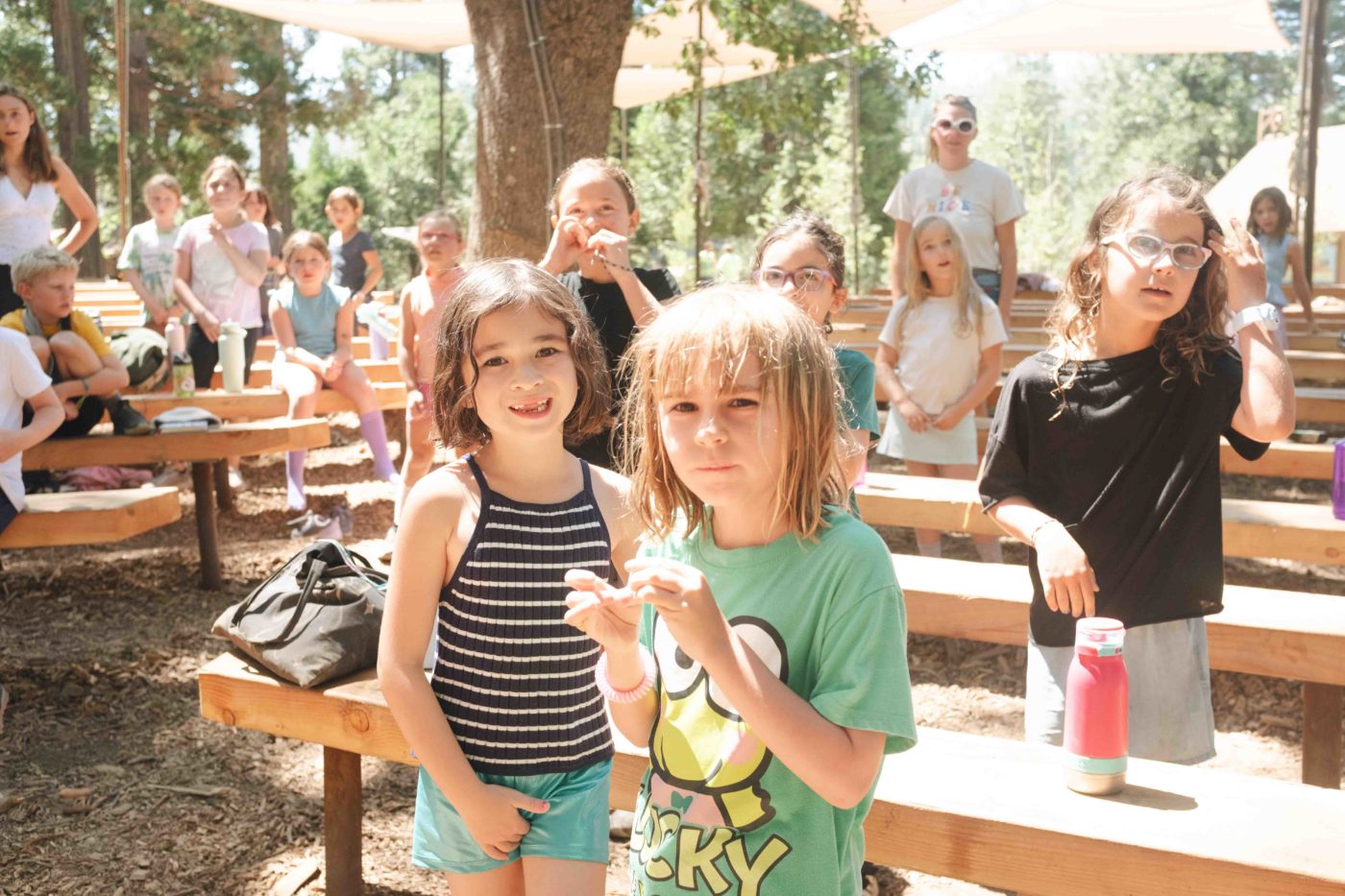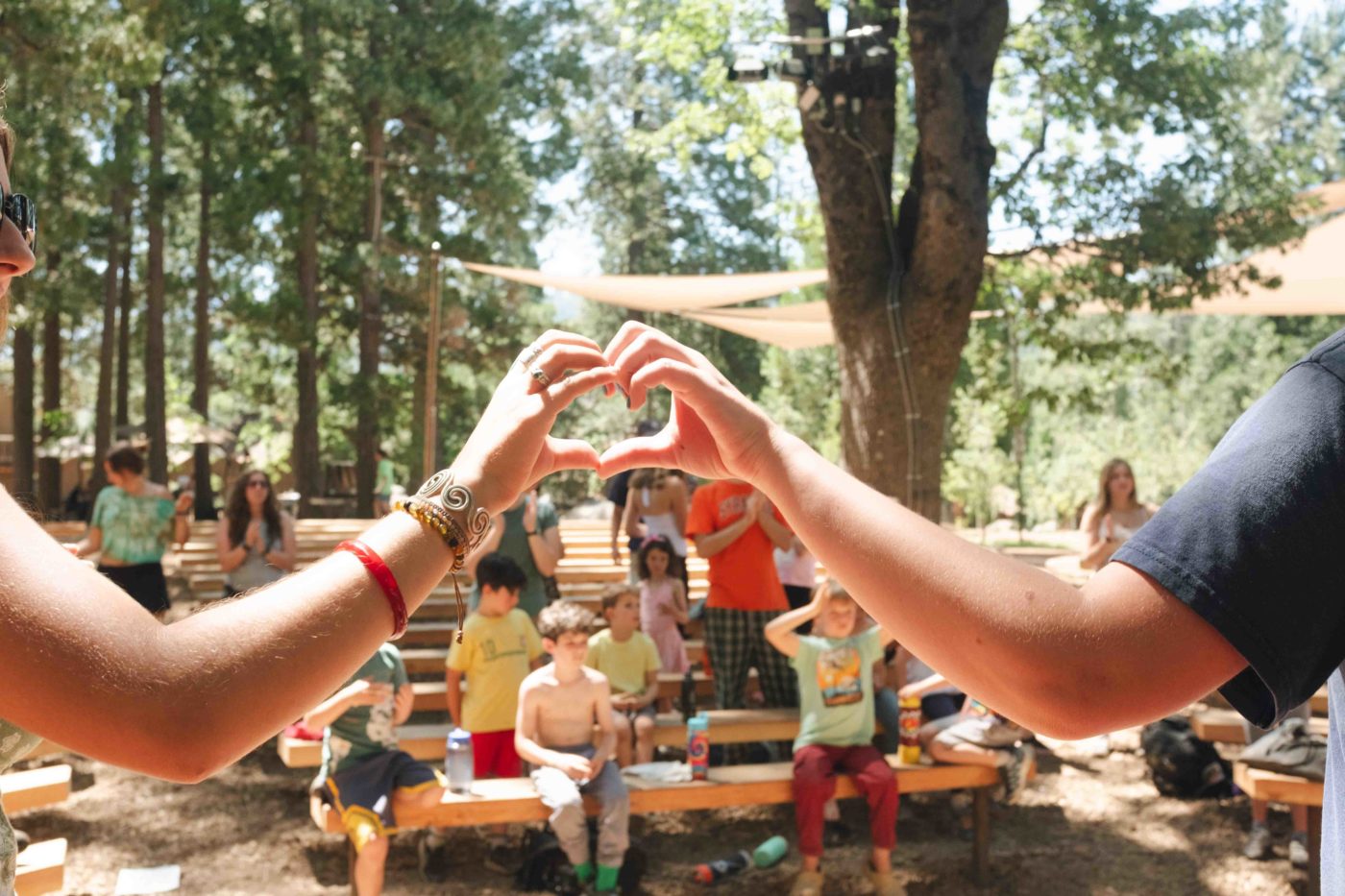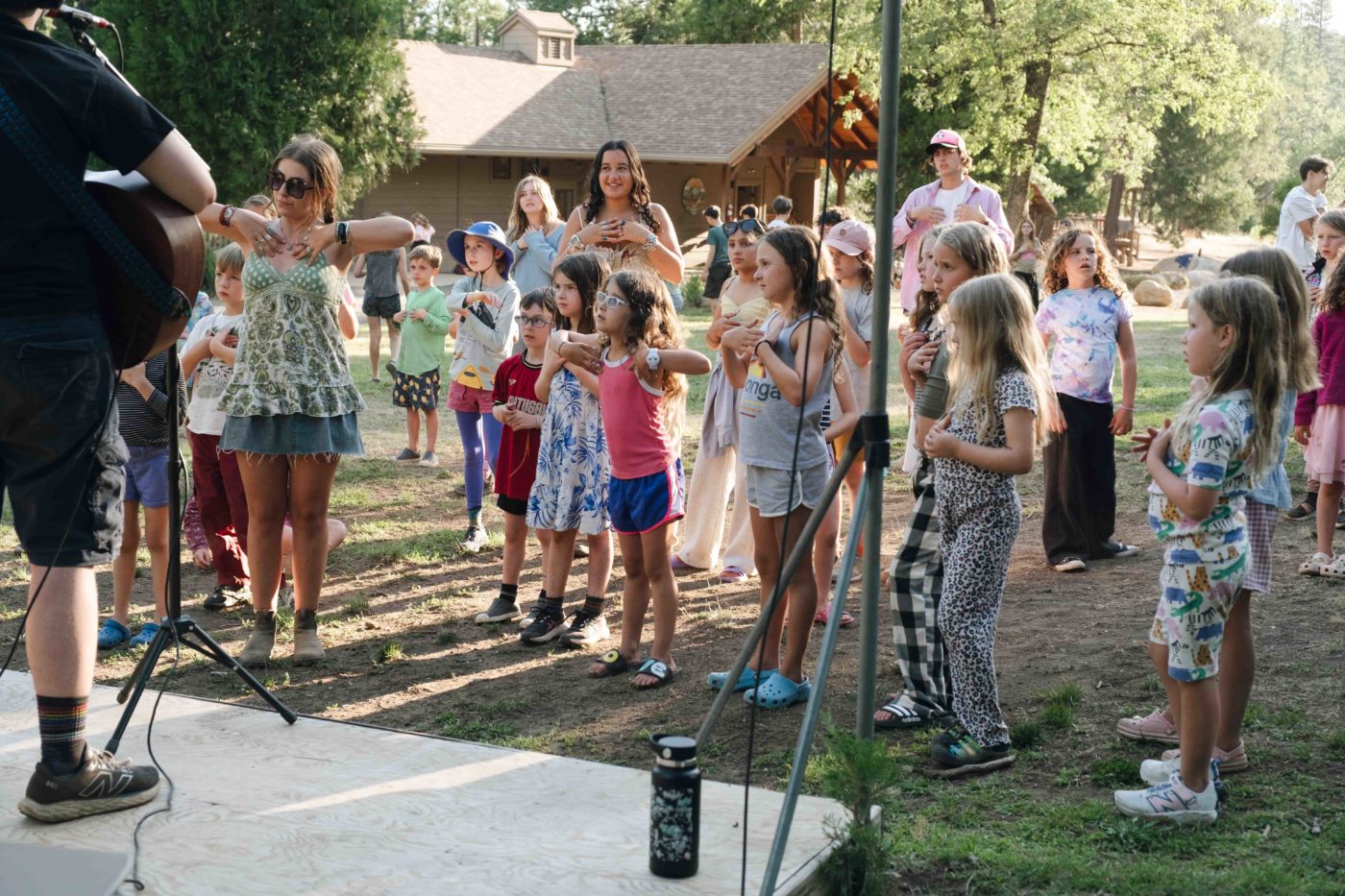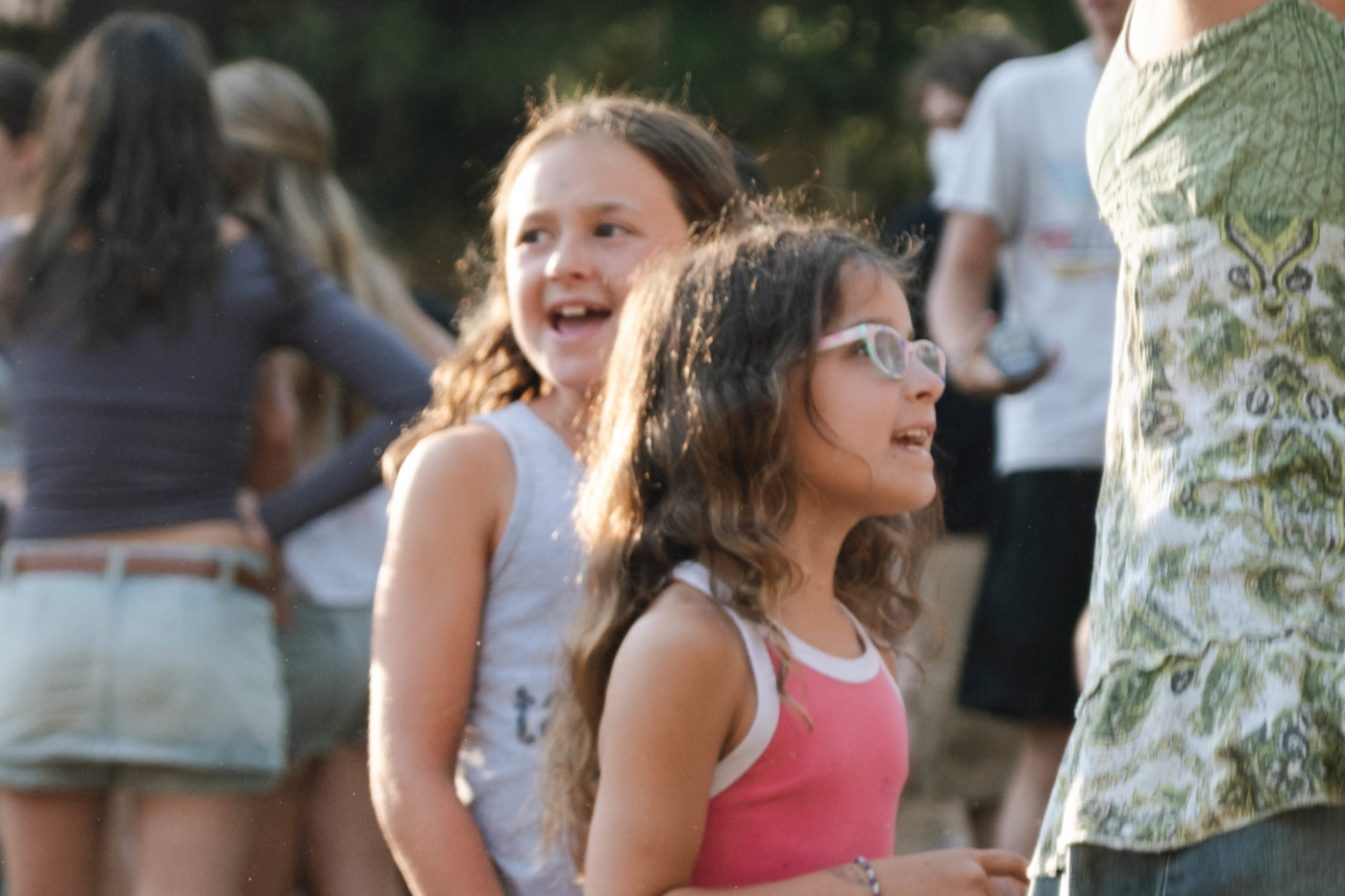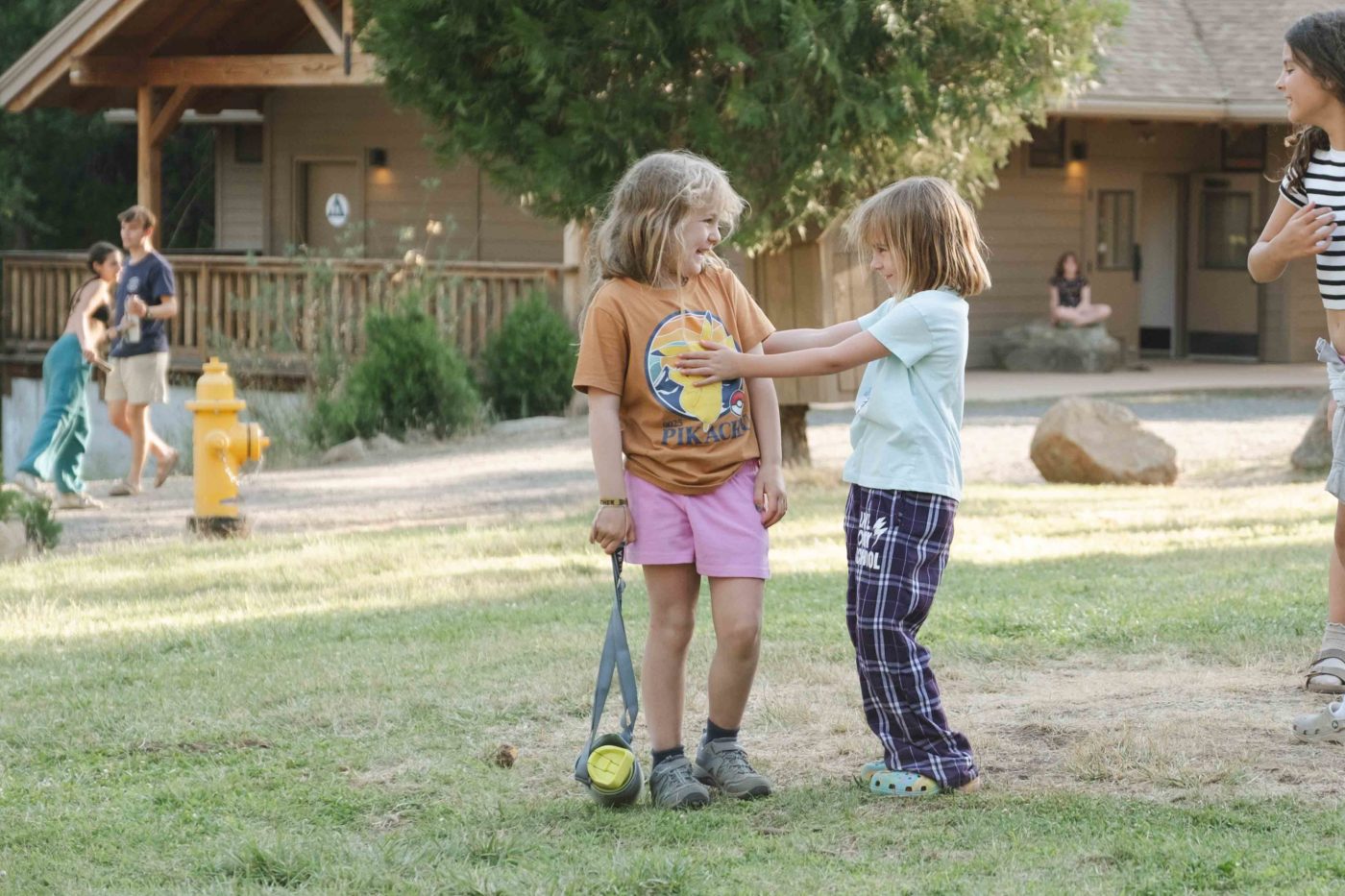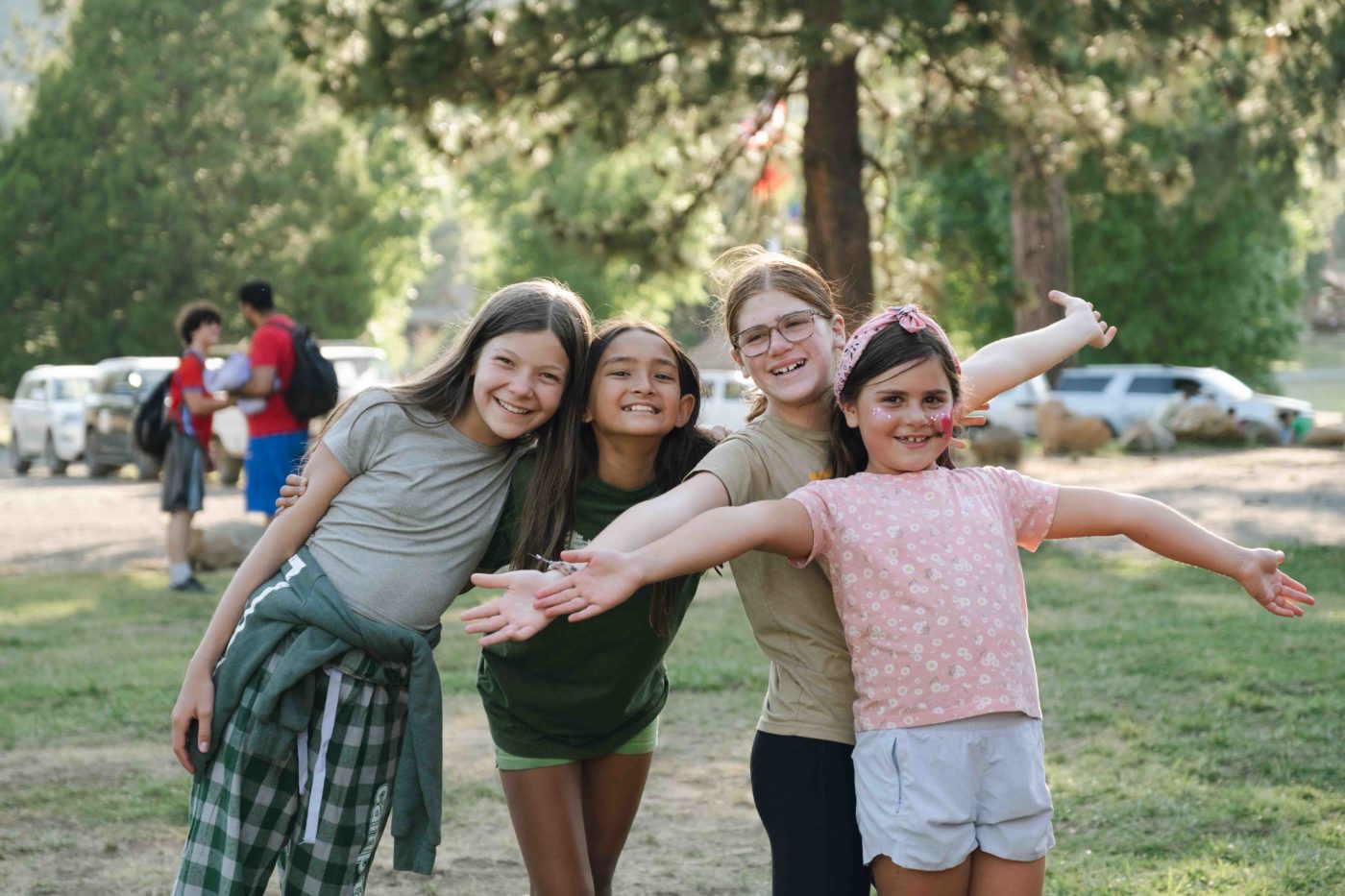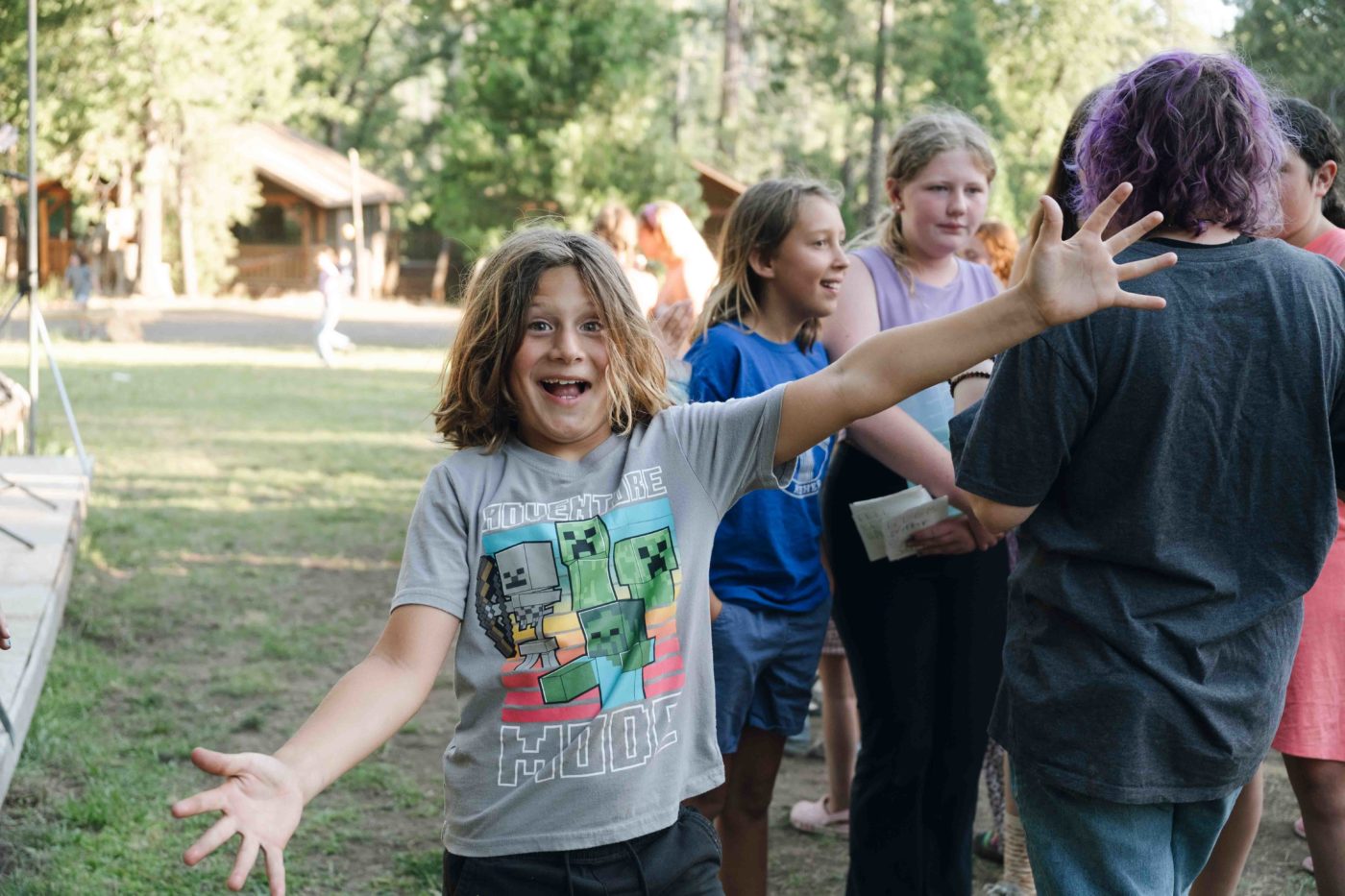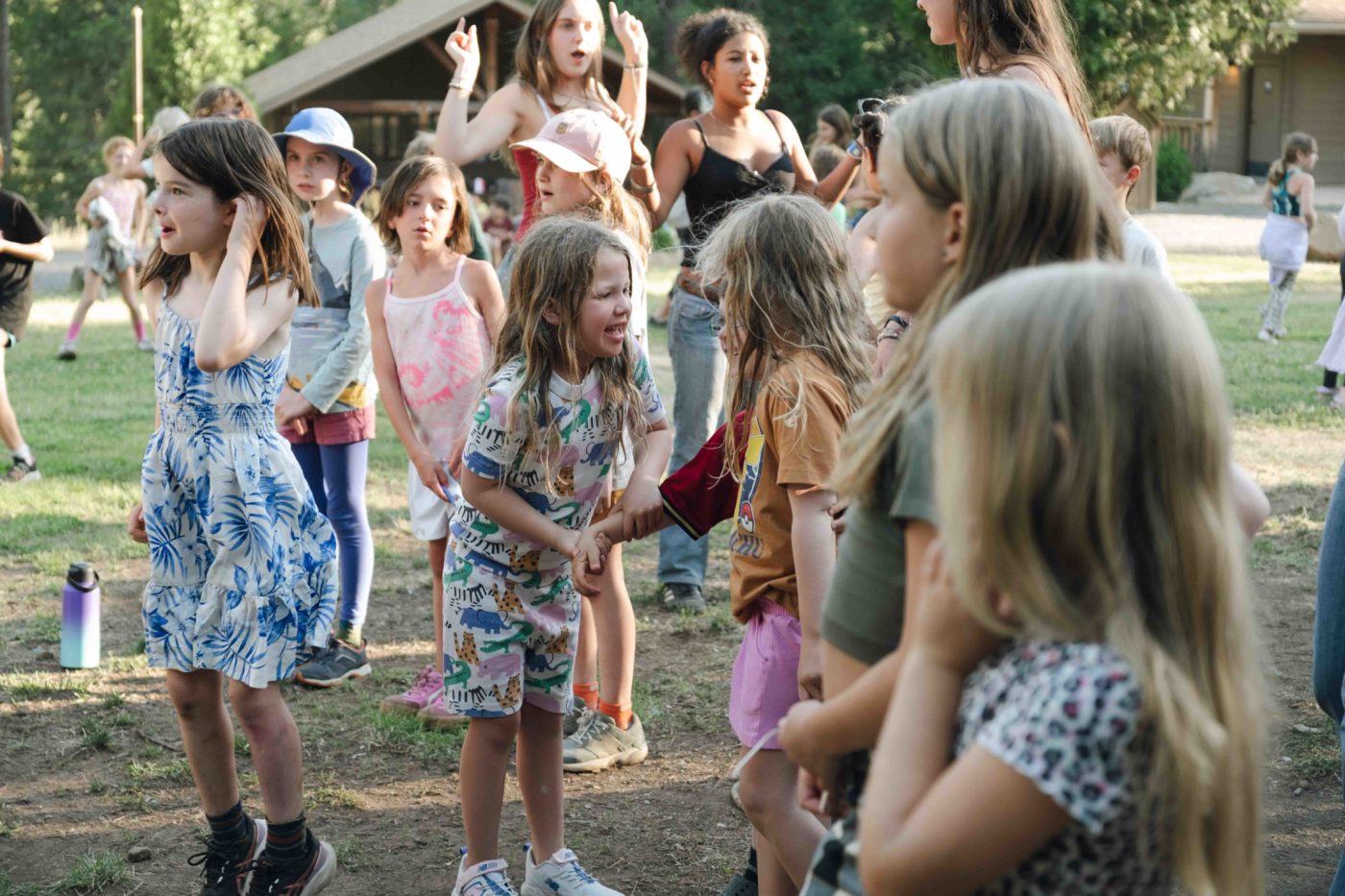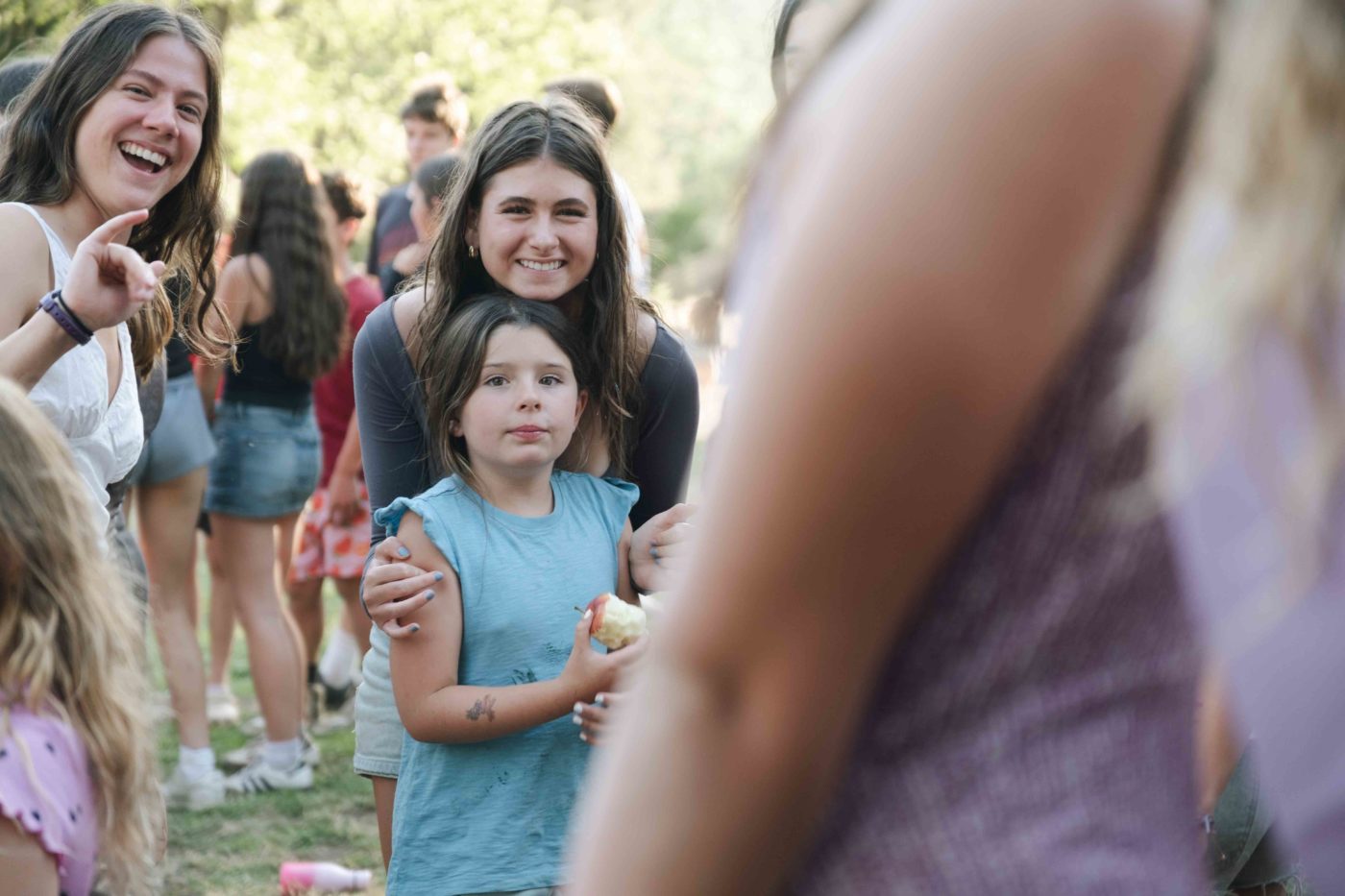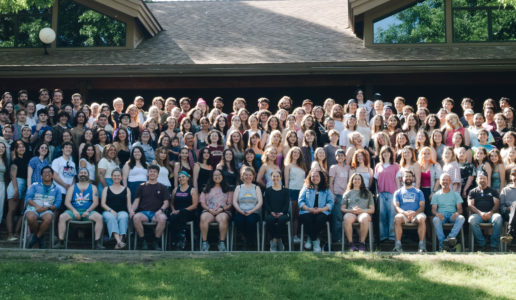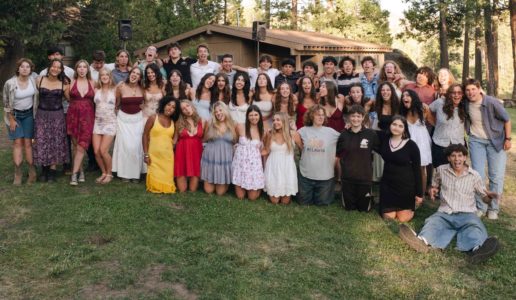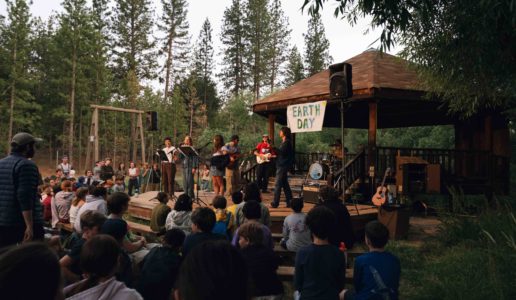Session 2 & 2b: Ruach, Ritual, and Really Great Questions: Jewish Programming at Camp Tawonga
Camp days are flying by in the best way. Since our last update, units have settled into their rhythms, friendship bonds are strengthening, and we’re soaking up the last few precious days of this session.
On Wednesday night, the whole Camp came together for a party full of music, dancing, and colorful costumes — a highlight of the week! In the Garden Kitchen, campers have been rolling out their own bourekas (savory pastries popular in Sephardic and Israeli cuisines and a new favorite here!), and across Camp, bunk energy is high as kids dive into art projects, outdoor adventures, and of course, our unique Jewish programming blocks.
At Camp Tawonga, Judaism comes to life not just through ritual, but through joy, play, and personal connection. From whimsical synagogue-building projects in the forest to creative expressions of identity through rap and art, this session’s Jewish programming has been full of spirit.
Each week, campers participate in Ruach (spirit) Hour, a signature part of Jewish life at Camp. Led by Gavin, Tawonga’s talented Director of Jewish Programming, and his team, this unit-wide gathering is a time to sing, reflect, and explore big Jewish questions together. Campers are invited to consider how they might “take Tawonga home,” bringing Shabbat practices and Jewish values into their lives beyond Camp.
Ruach Hour is just one of the many ways campers meaningfully engage with Judaism at Tawonga. Throughout the session, bunk groups explore a rotating menu of creative activity blocks that spark curiosity, conversation, and connection.
In Jews & Tattoos, campers dive into Jewish perspectives on body art, expression, and identity. After reflecting on how Jewish texts and traditions relate to self-decoration, they get the chance to adorn themselves with henna or flash tattoos featuring Hebrew words and phrases meaningful to them.
“In Jews & Tattoos, we introduce different Hebrew font styles for campers to use when decorating themselves with words they connect with,” shares Gabriela, a member of the Jewish Programming team. “This range of visual options showcases the versatility of Hebrew as a design element.”
Another camper-favorite block, Jewish Rap Battles, invites participants to creatively argue — and rhyme — about Jewish values, holidays, and favorite foods. Playful and thought-provoking, this block encourages campers to articulate their ideas while laughing and listening to each other.
Meanwhile, in Fairy Synagogue Construction, campers become sacred space architects. Inspired by the way Jewish communities around the world adapt their synagogues to local materials and regional design styles, campers learn about Jewish architecture from Yemen to Uganda, then head into the forest to gather sticks, moss, bark, and leaves. Using only natural materials, they build miniature synagogues that reflect both the environment and their bunk’s collective imagination — a beautiful way to ground Jewish learning in place, nature, and creativity.
Whether performing symbolic weddings between bunkmates, crafting amulets rooted in Jewish folklore, or simply reflecting on gratitude under the trees, these programs go far beyond entertainment. They offer campers profound, playful ways to explore their heritage, deepen their bonds, and see Judaism as something alive, evolving, and deeply personal.
At Tawonga, we believe Jewish education should be joyful, inclusive, and relevant. It’s about giving campers the space to ask big questions, form their own opinions, and feel Judaism — in the music, the laughter, the learning, and the love that surrounds them.

